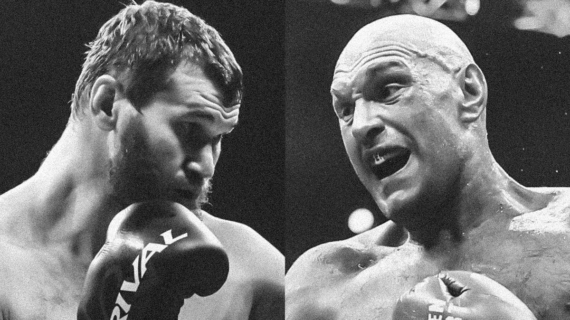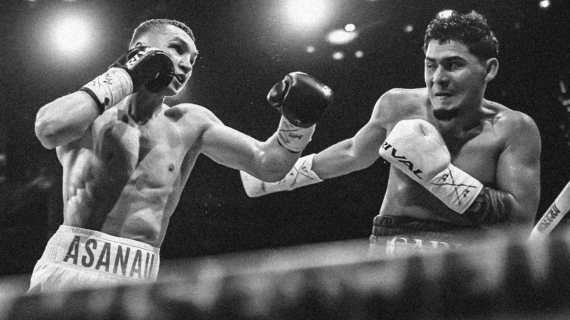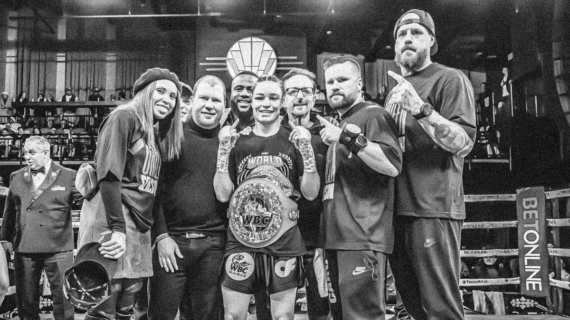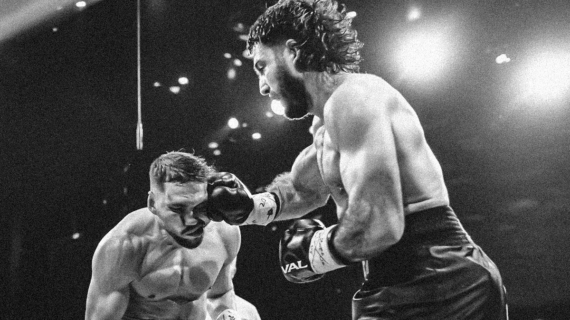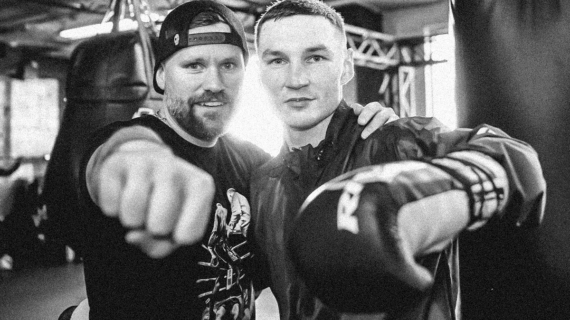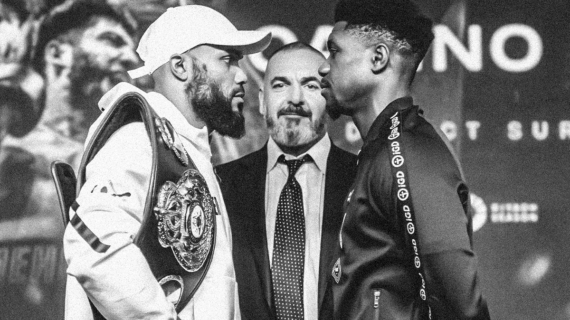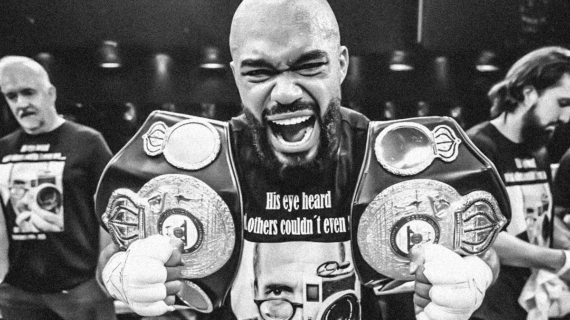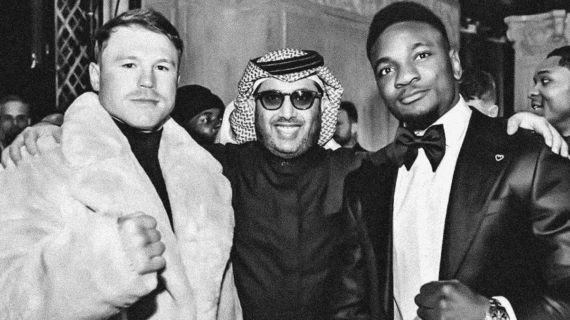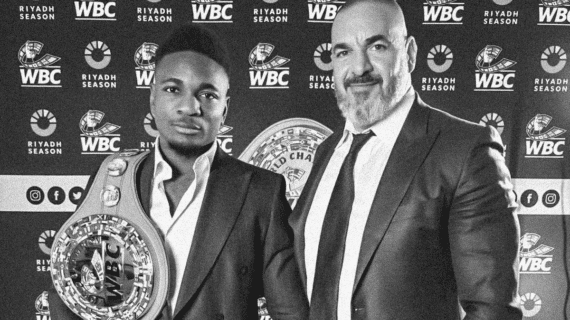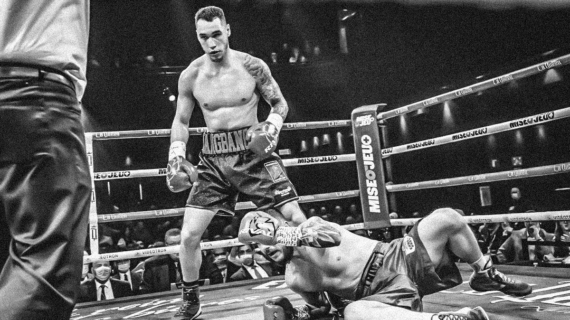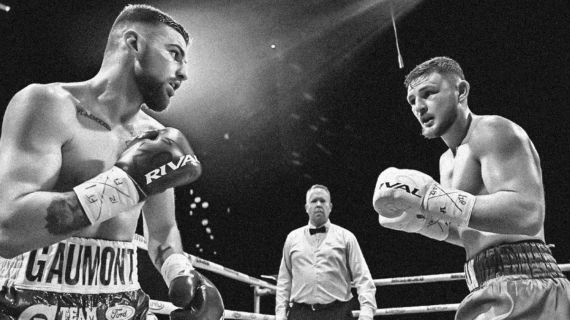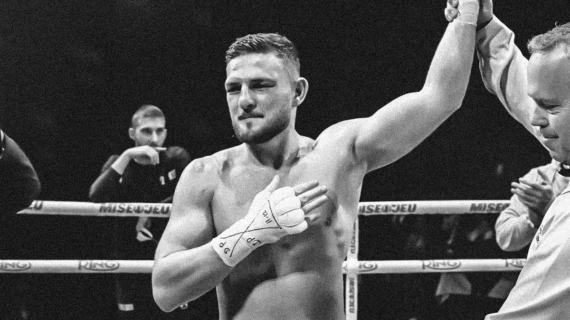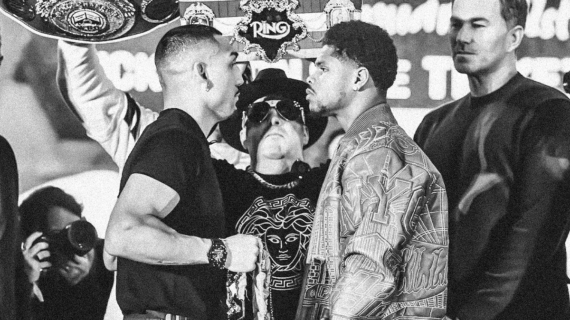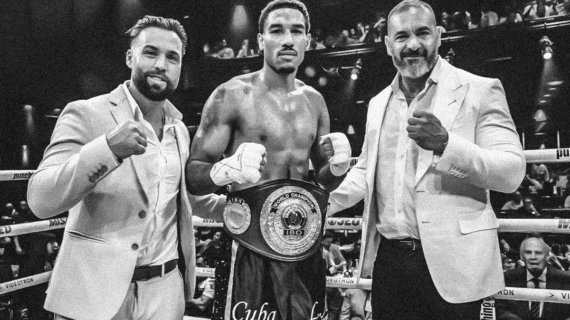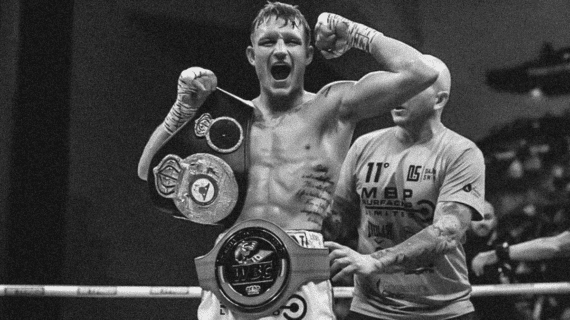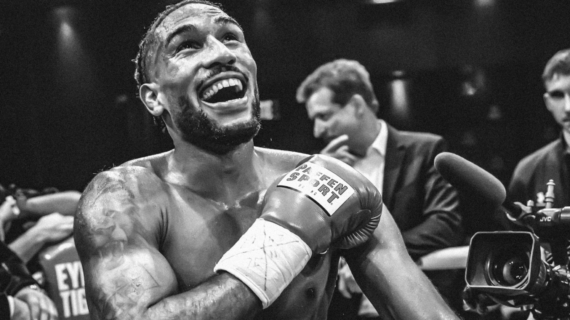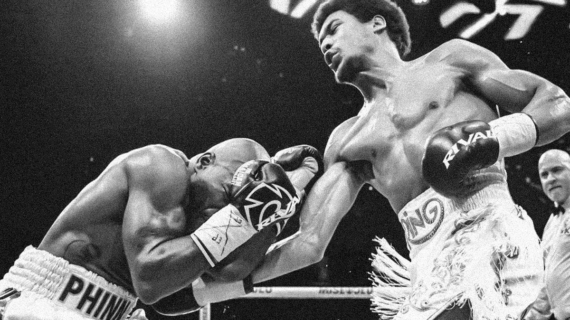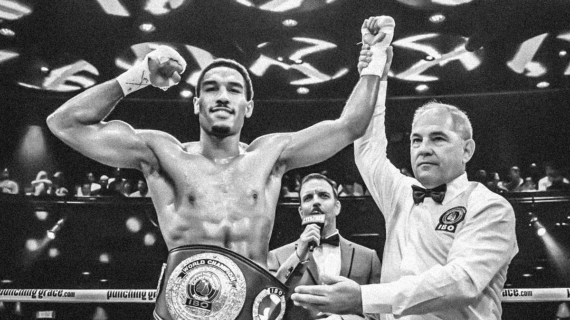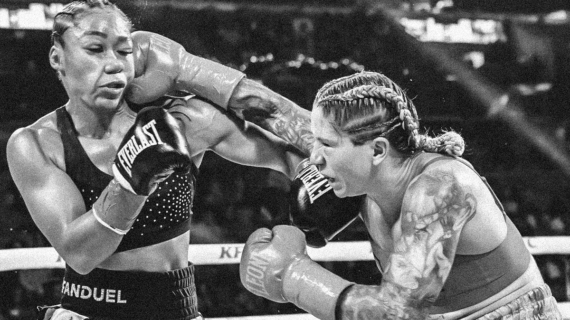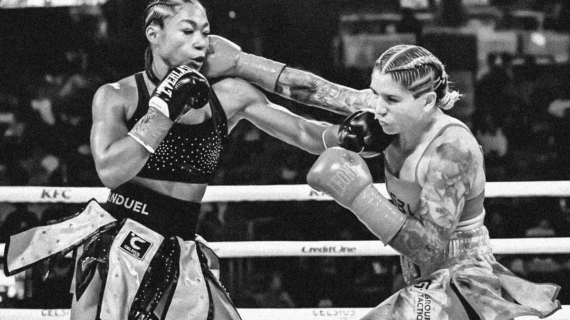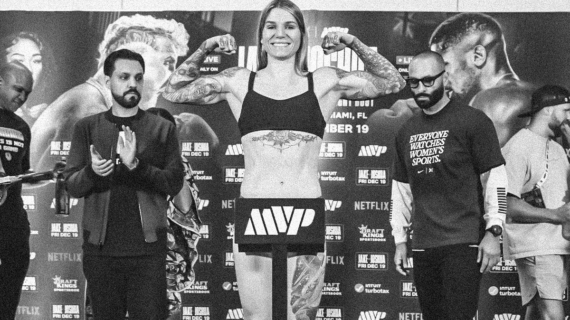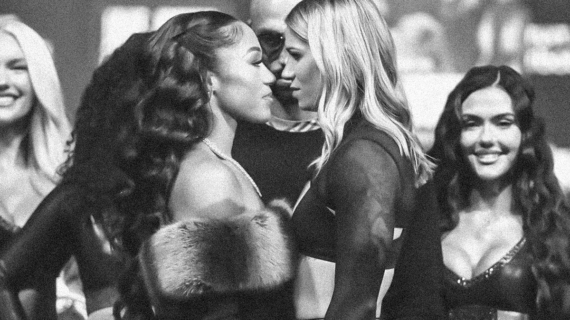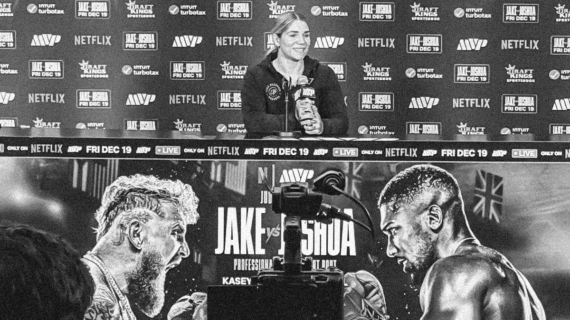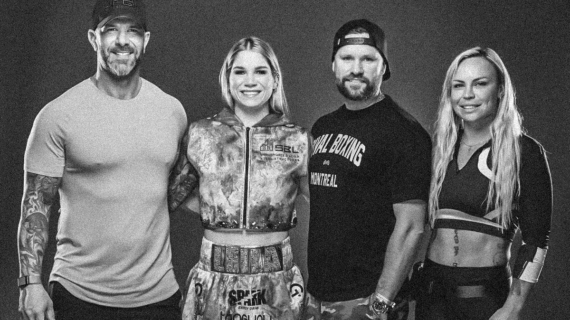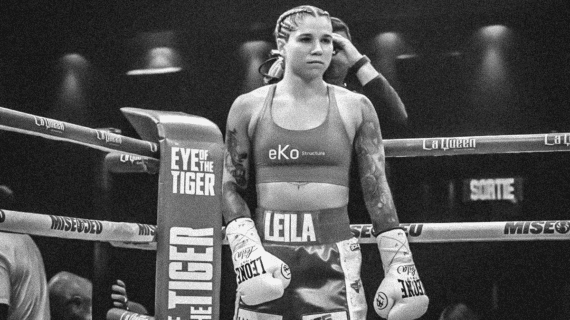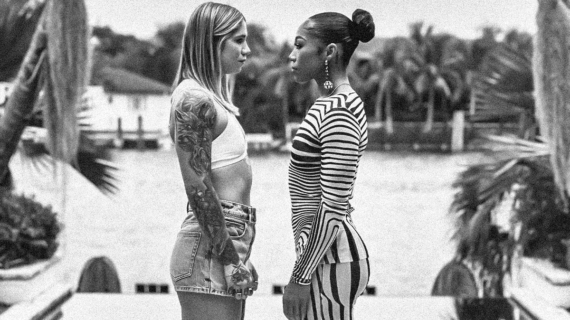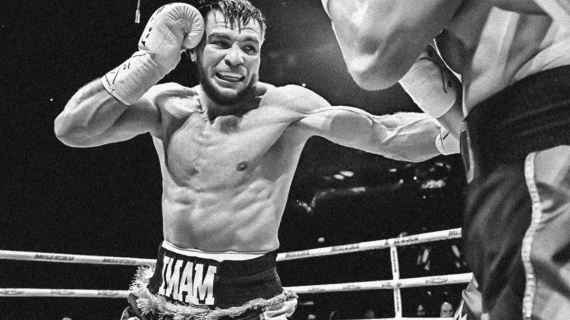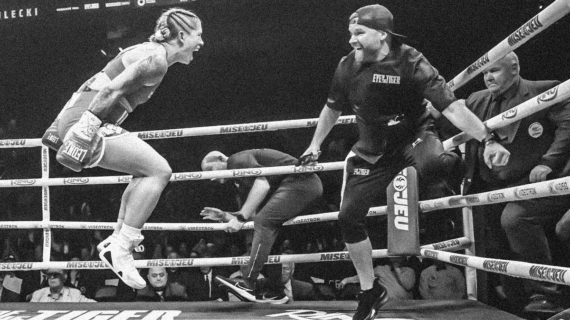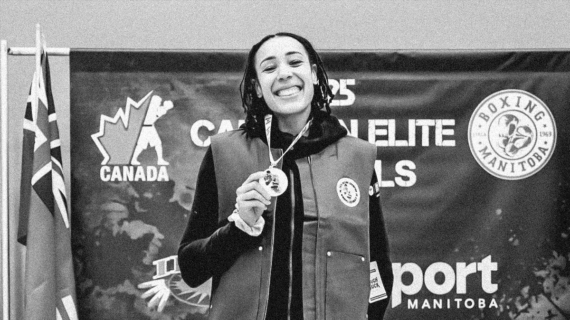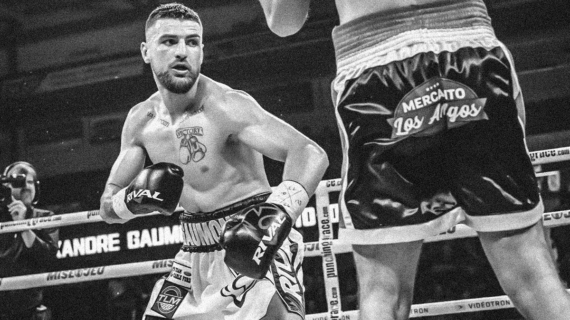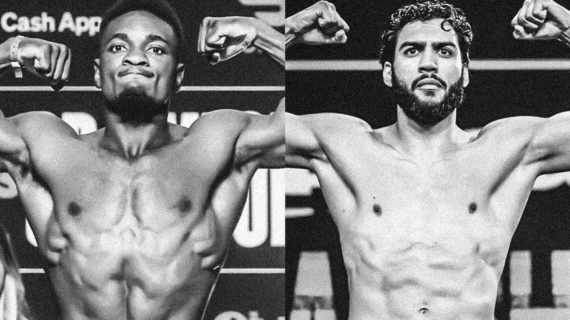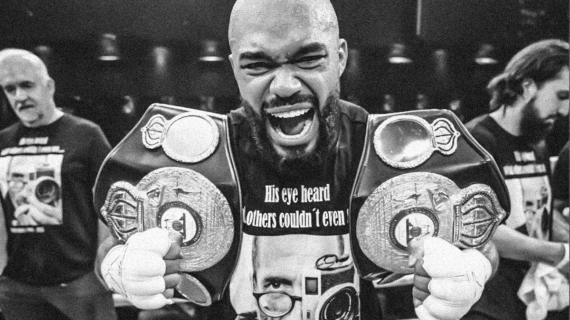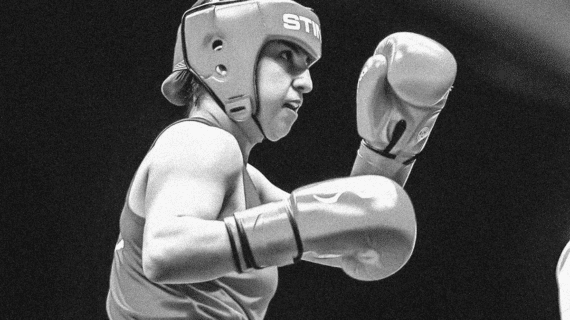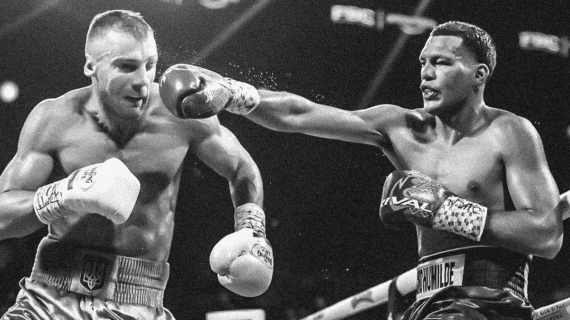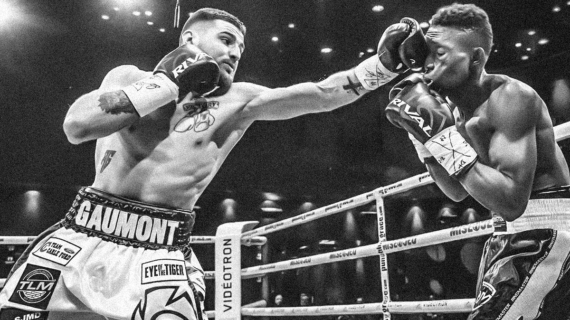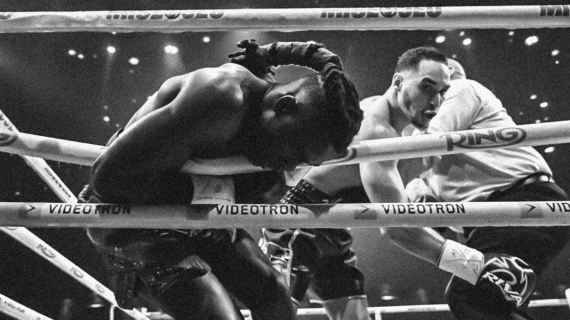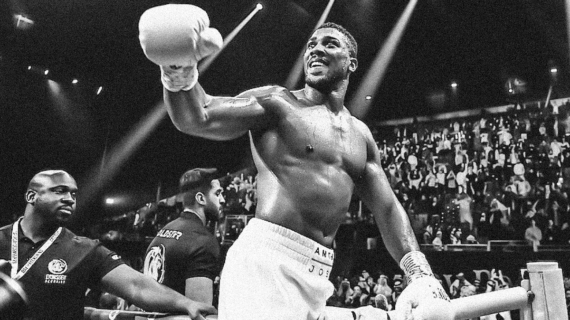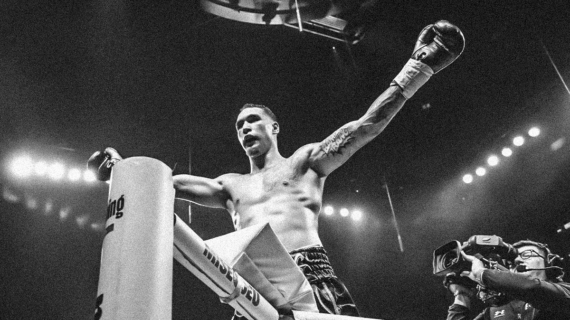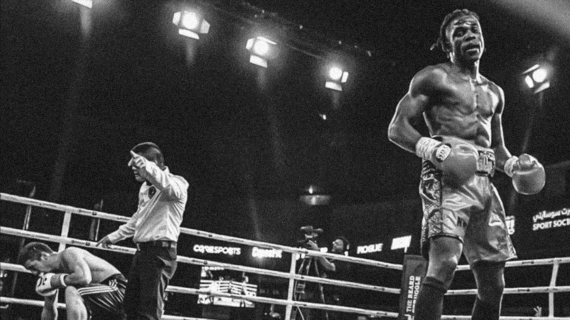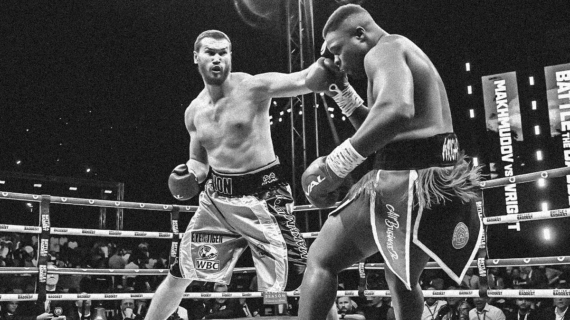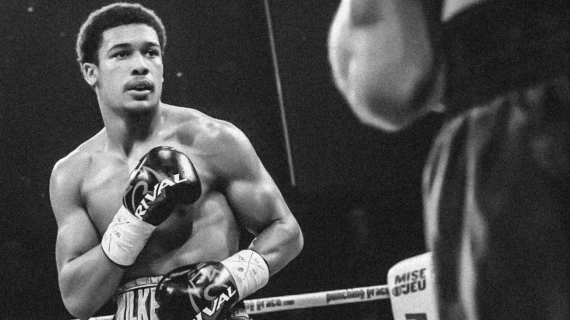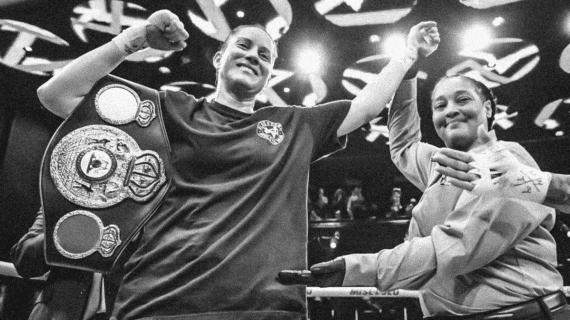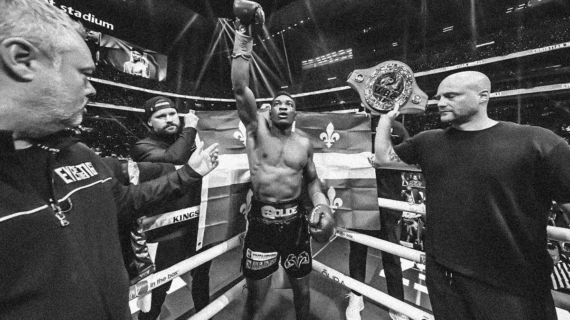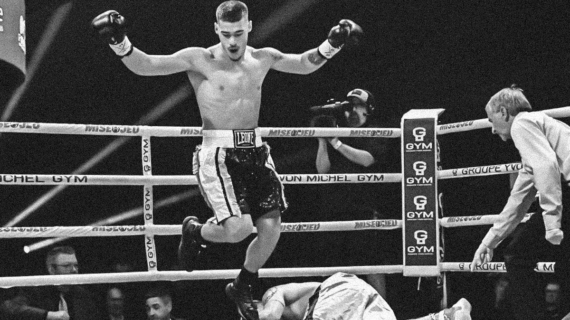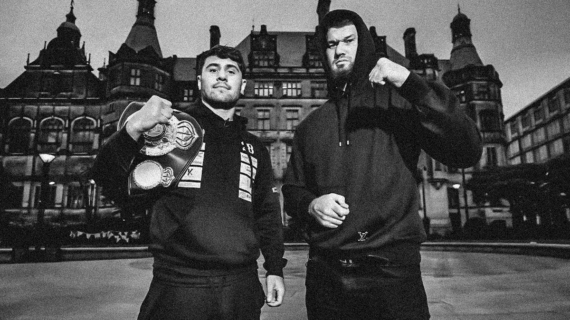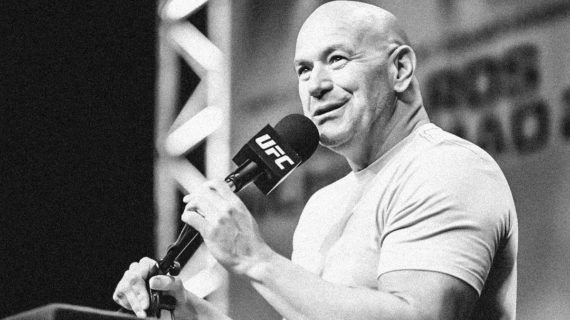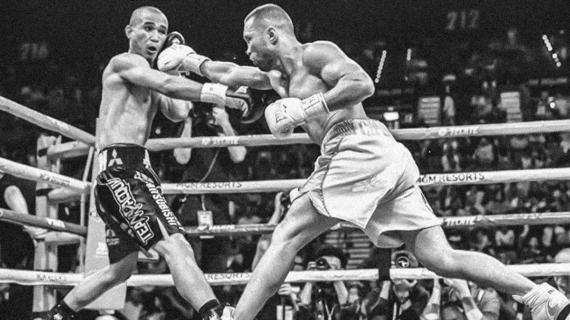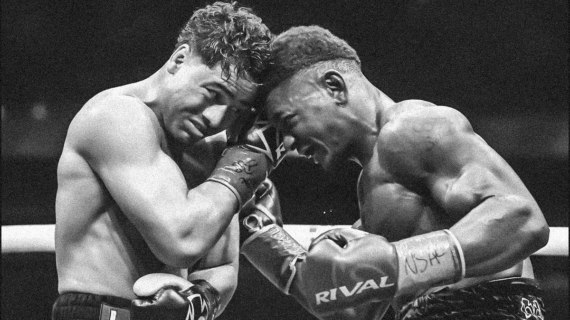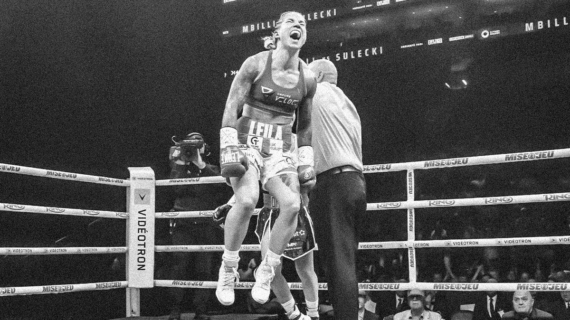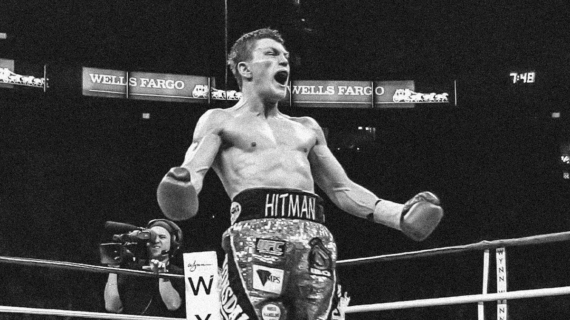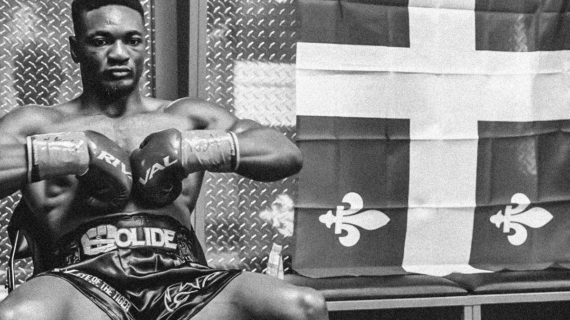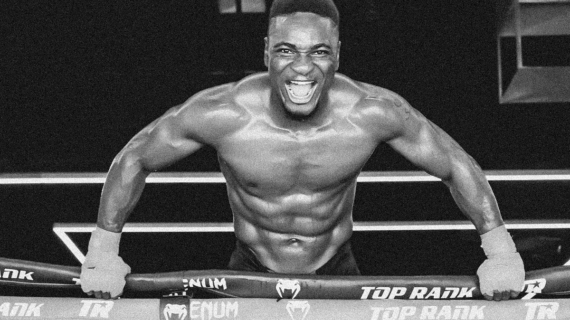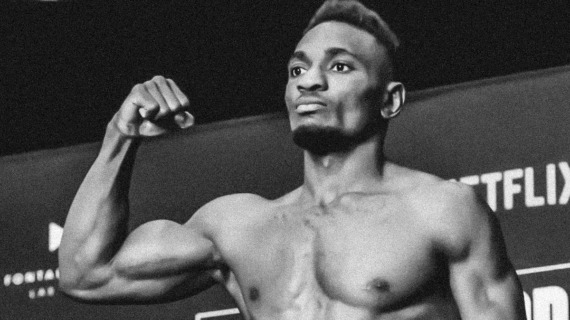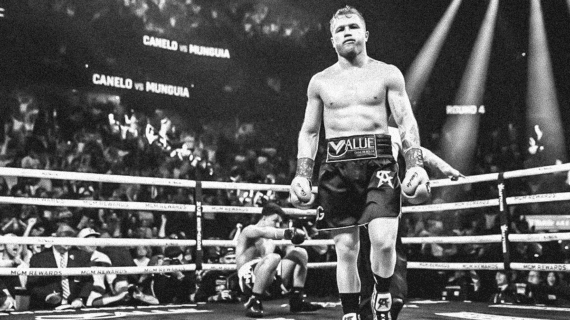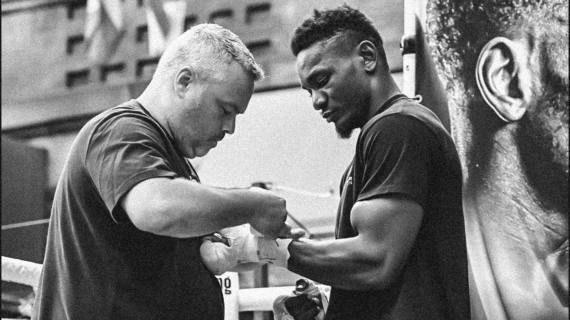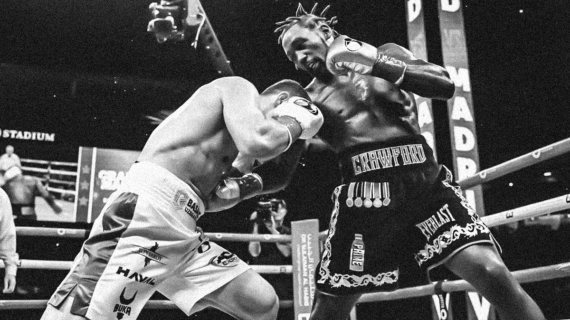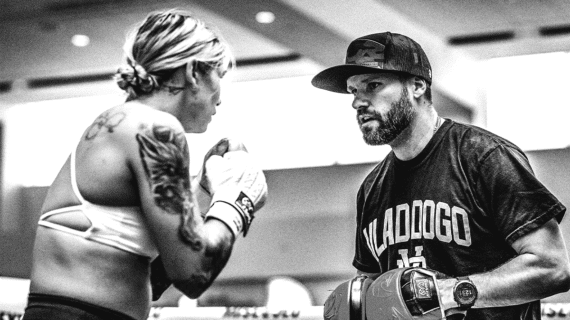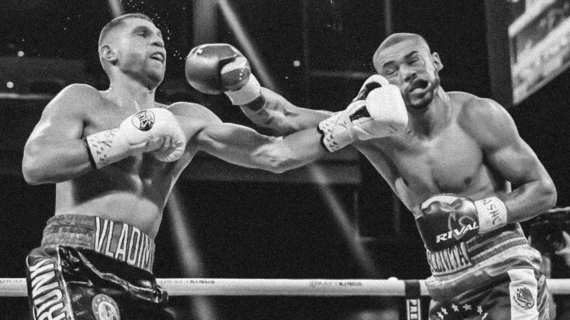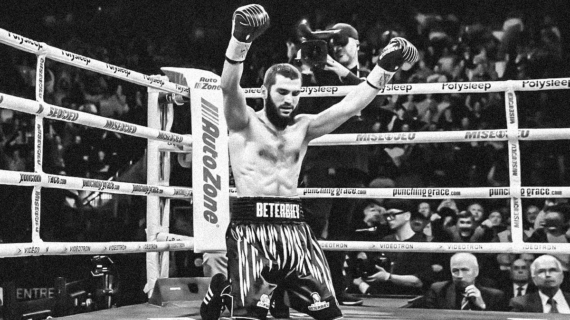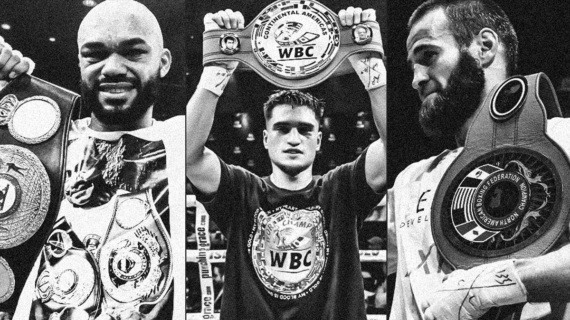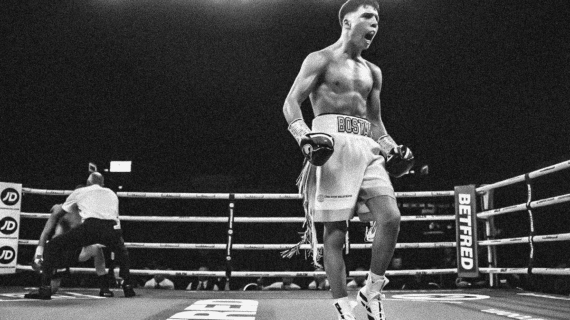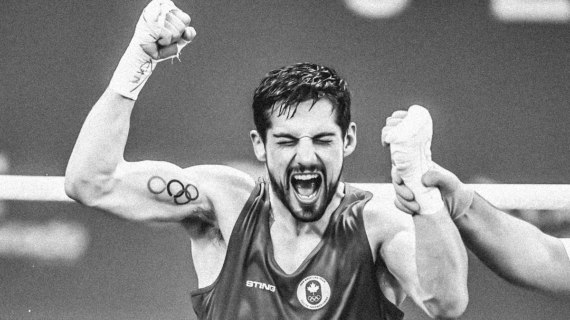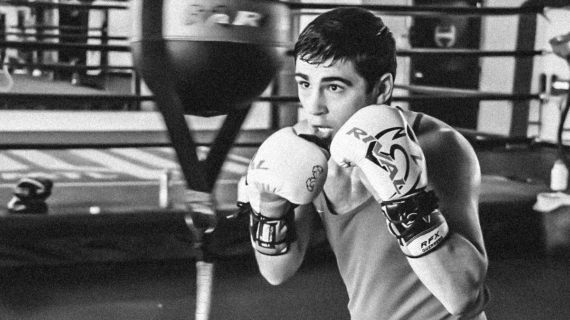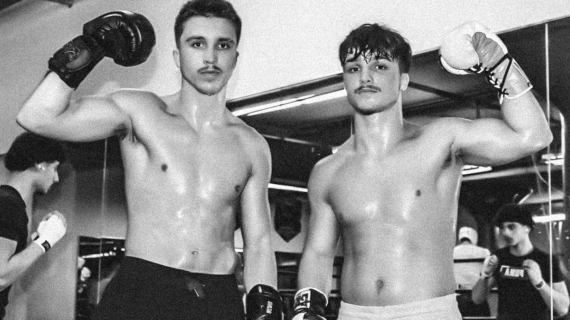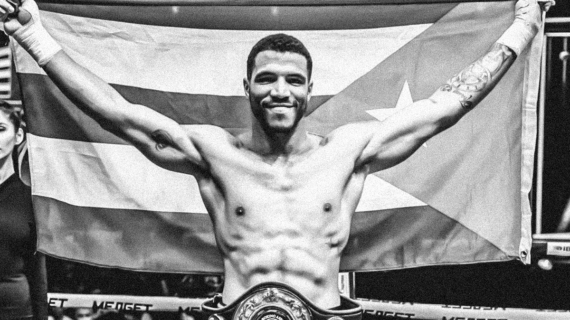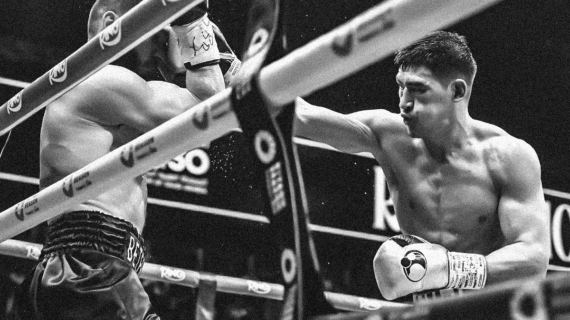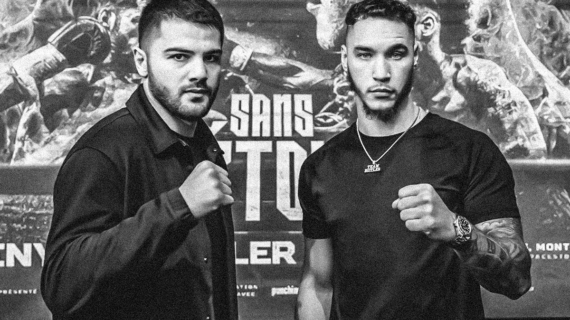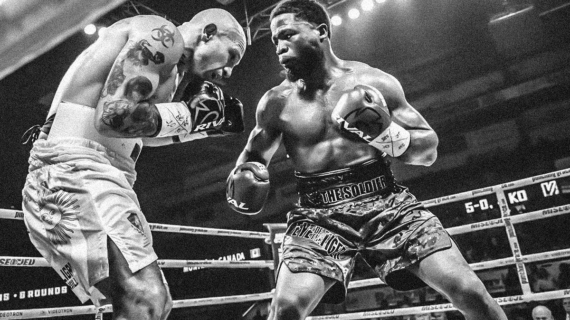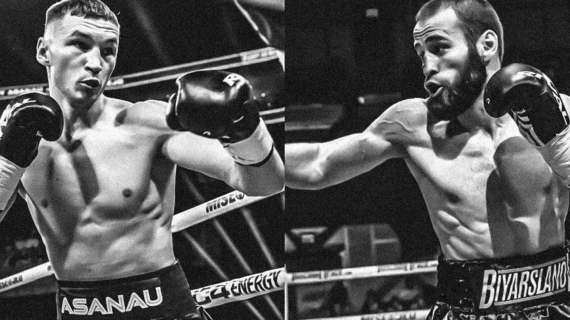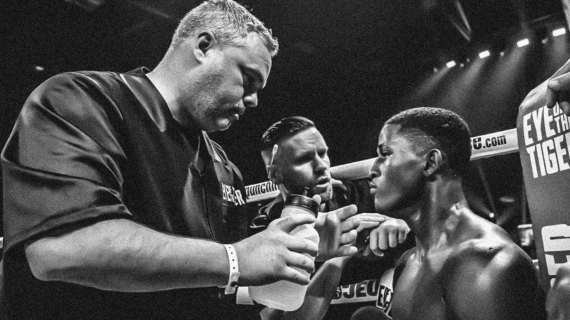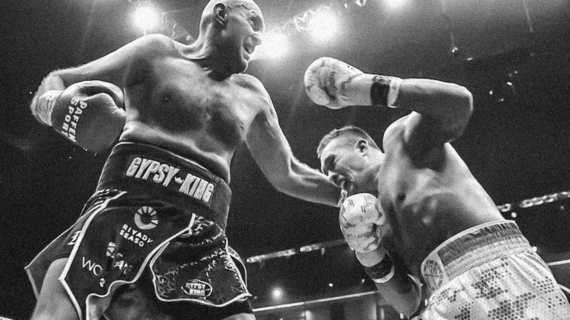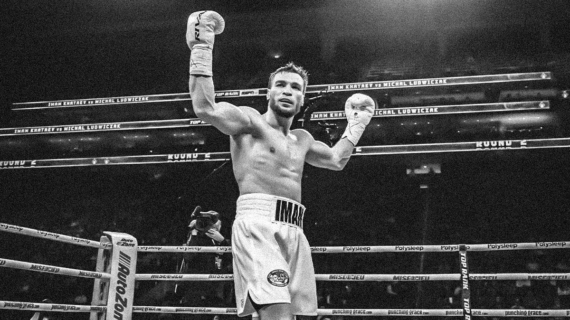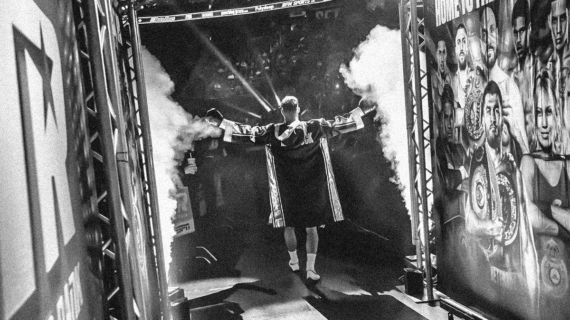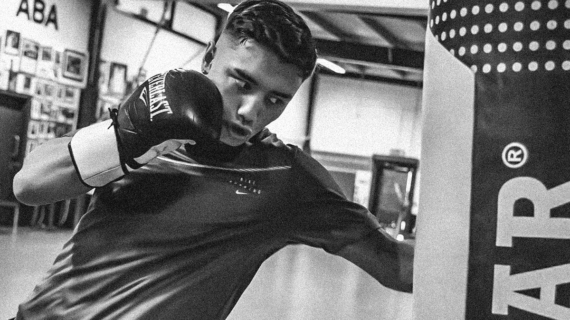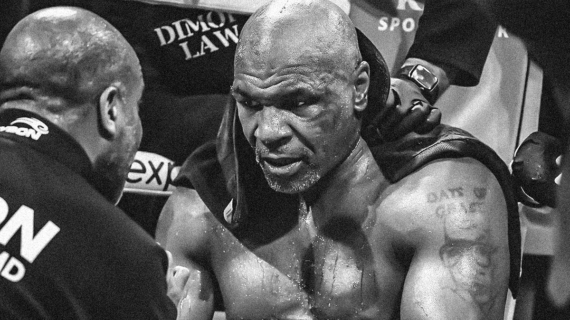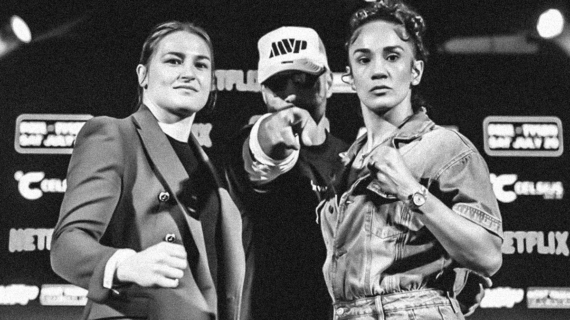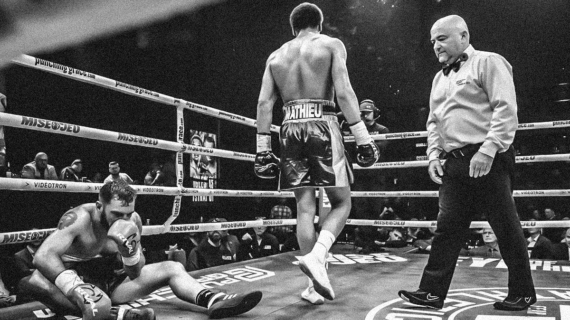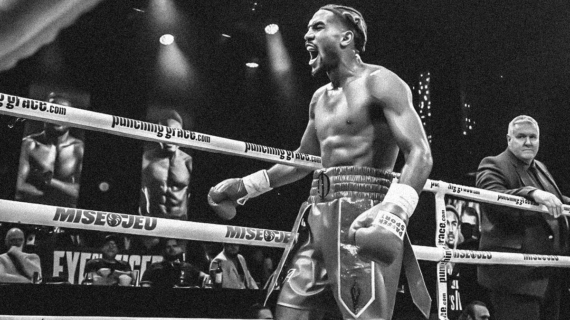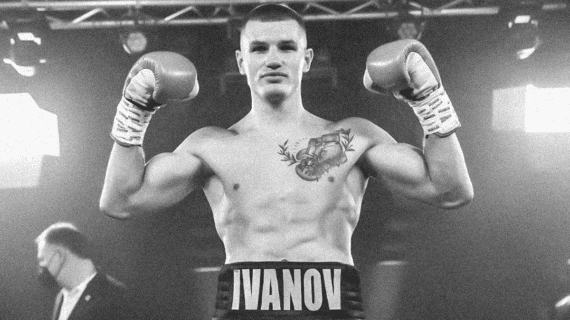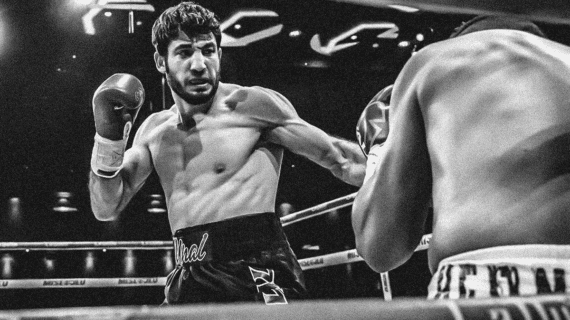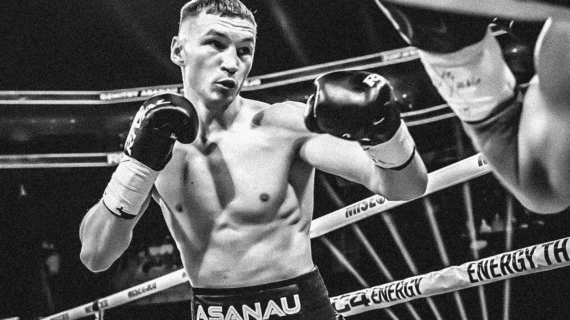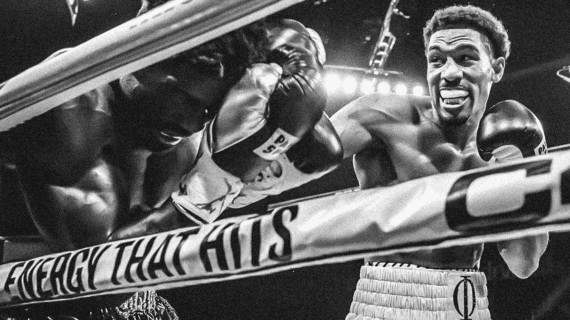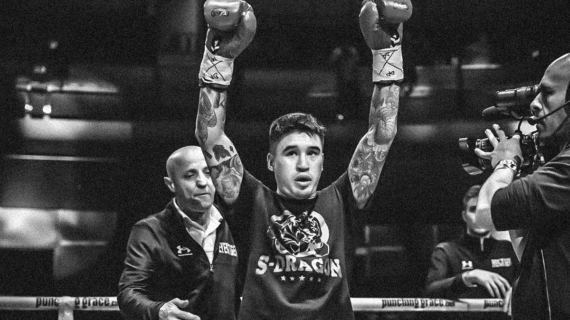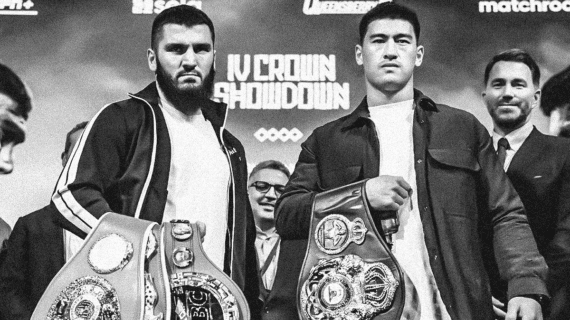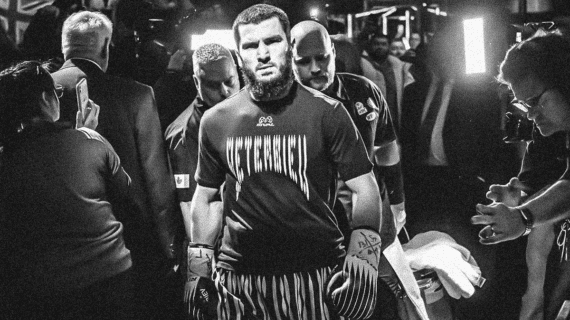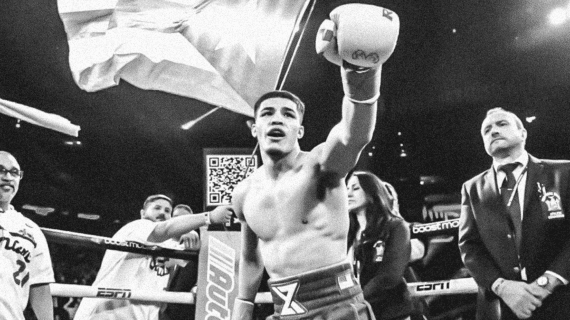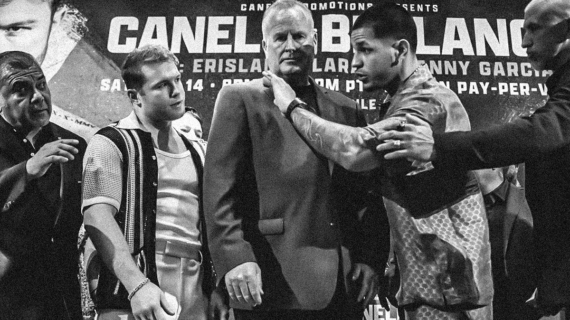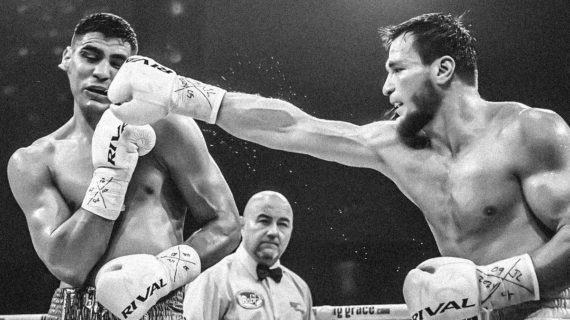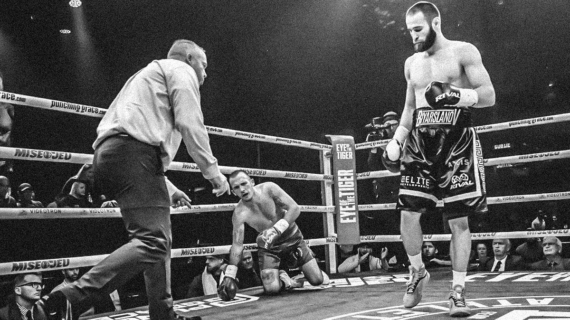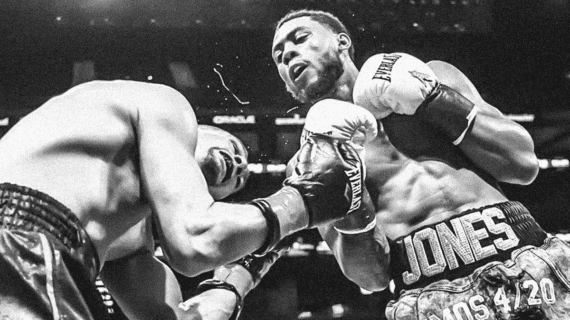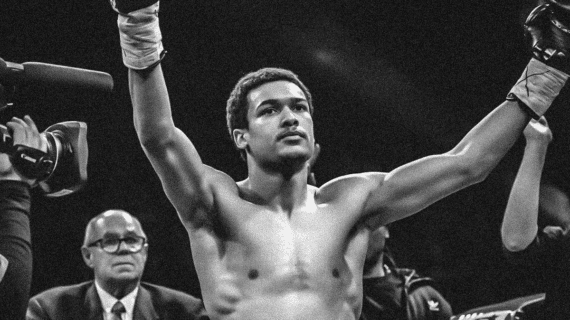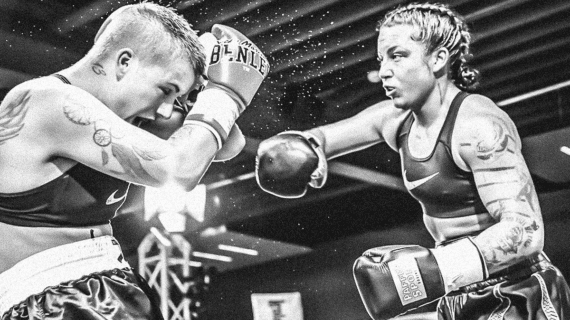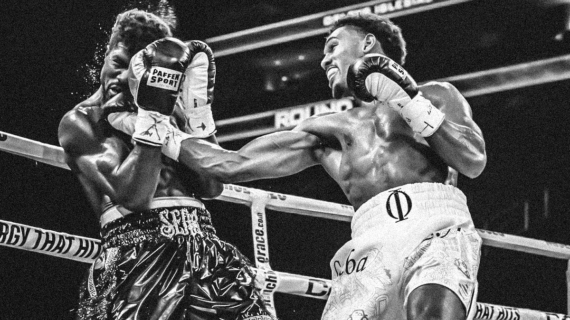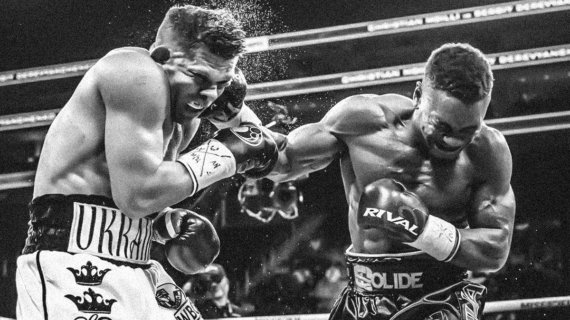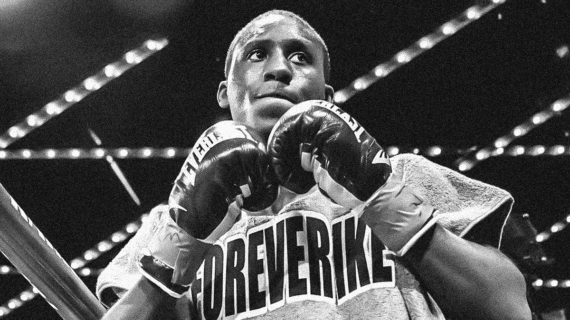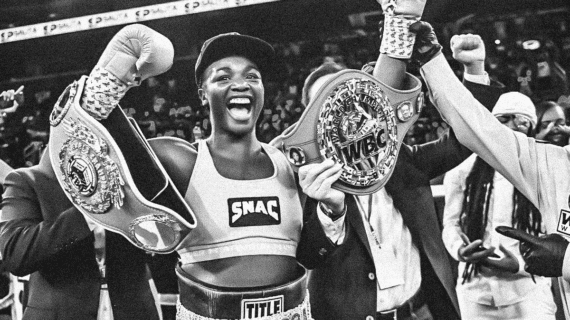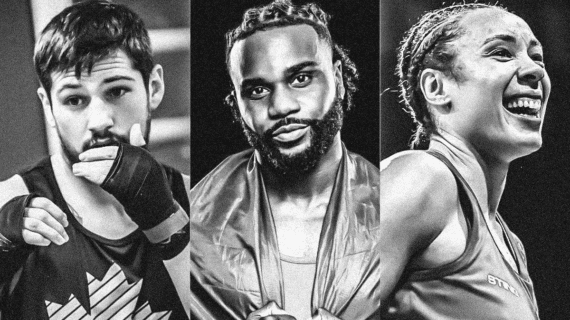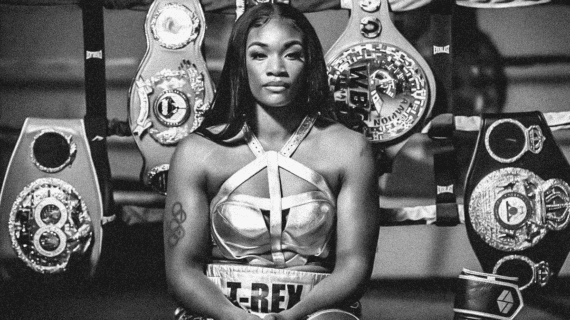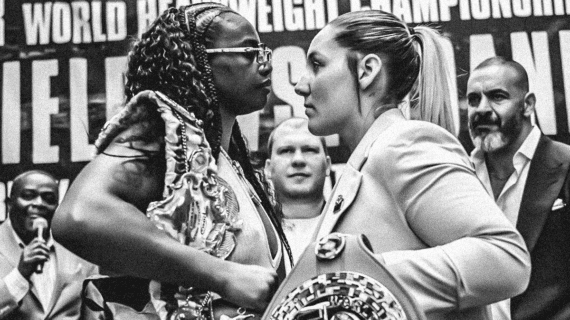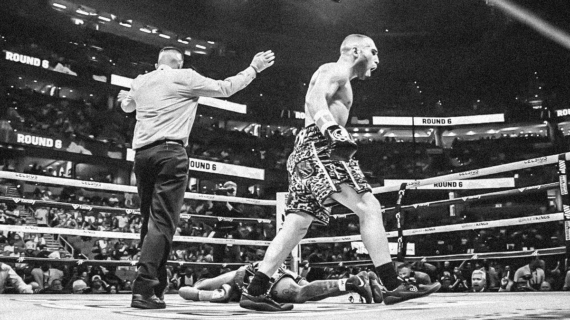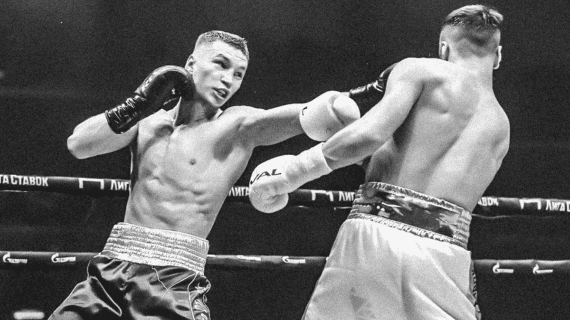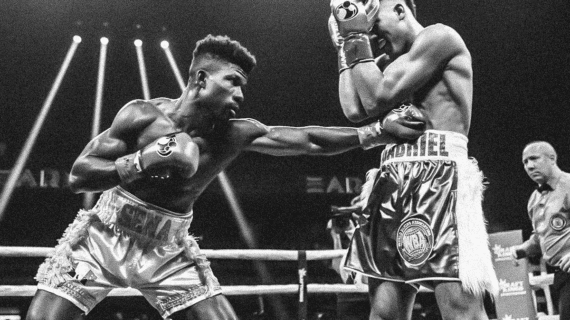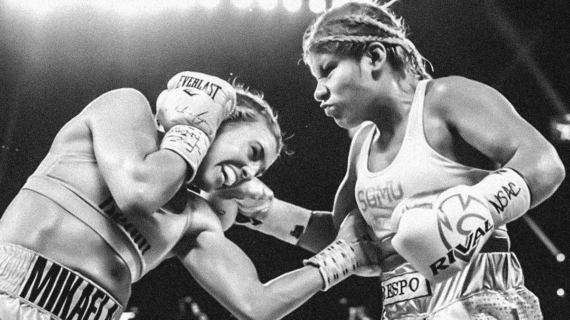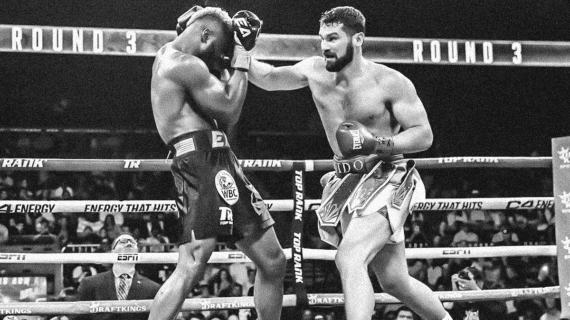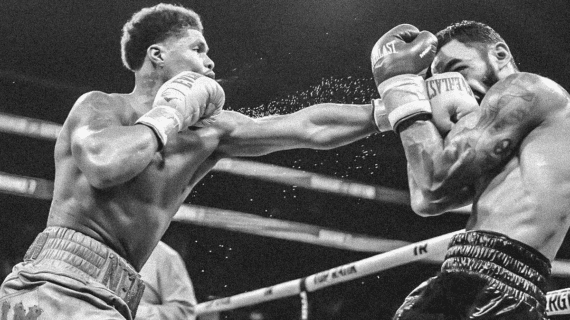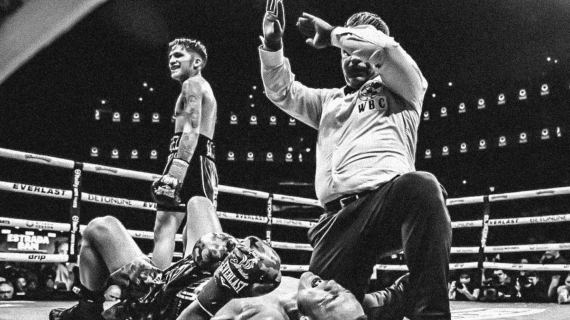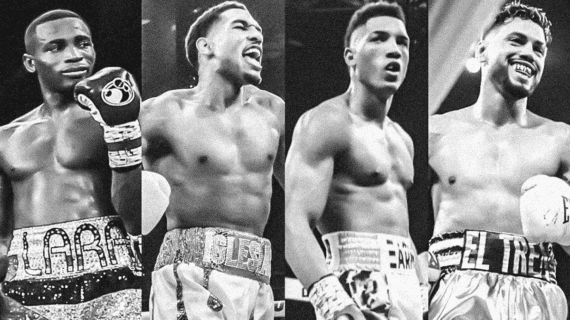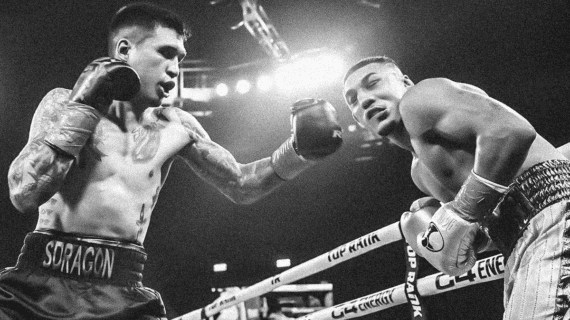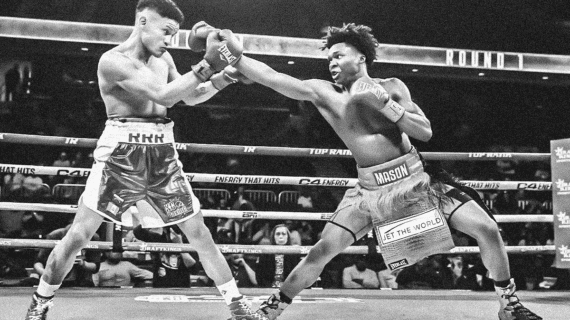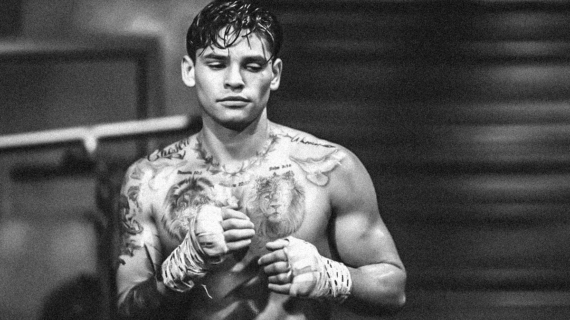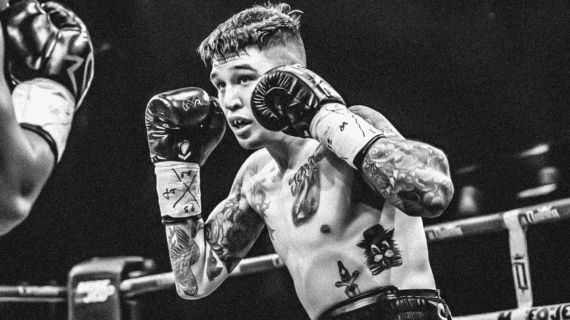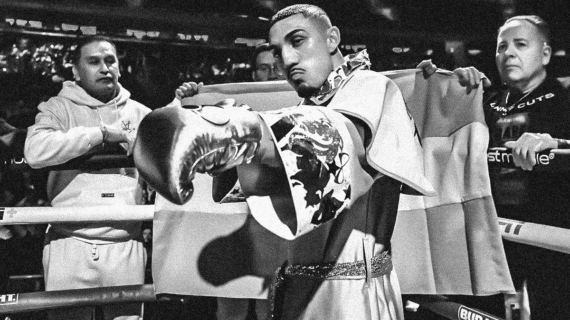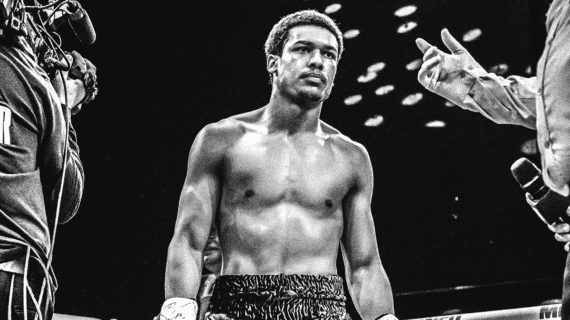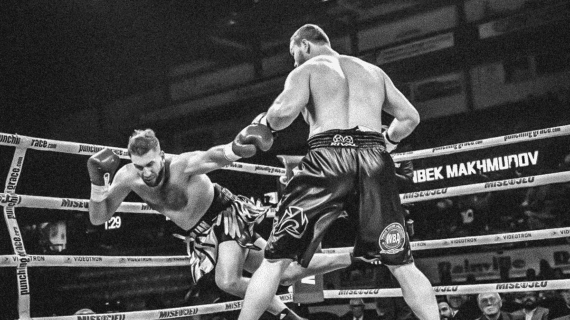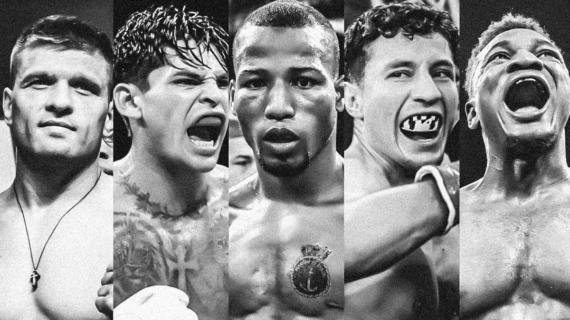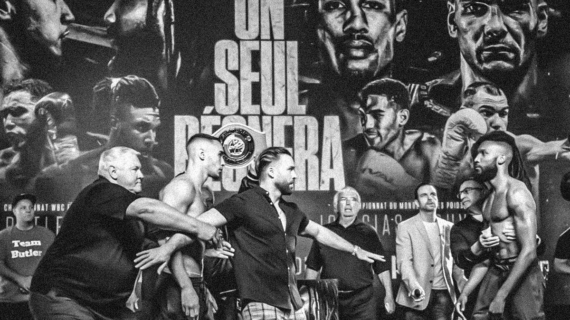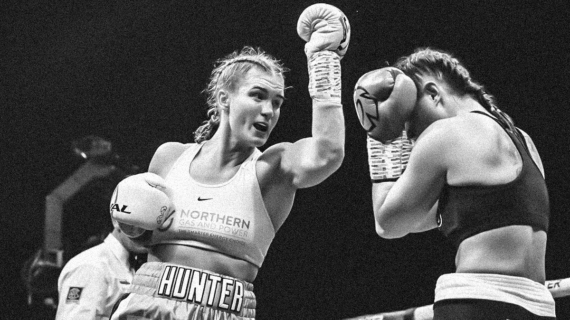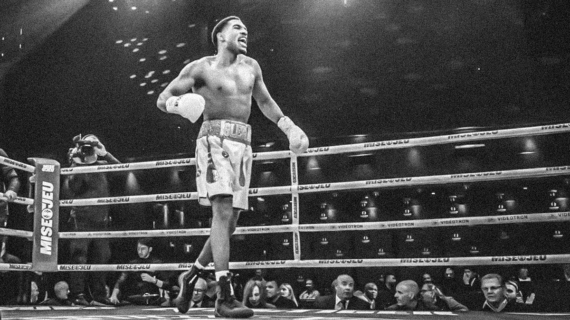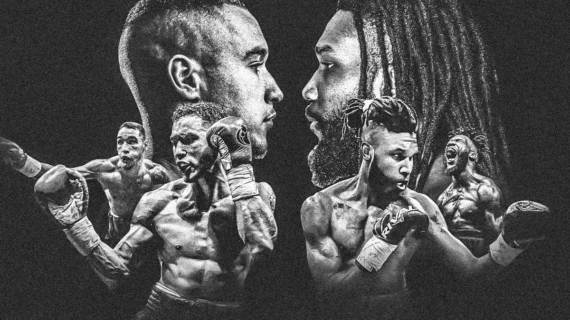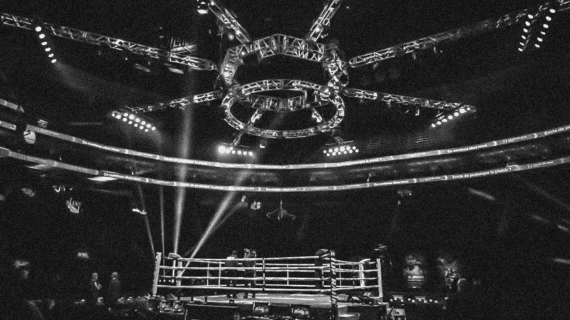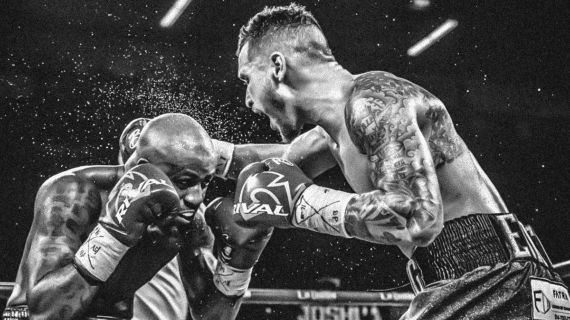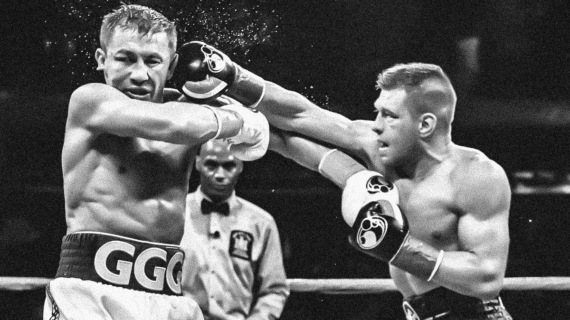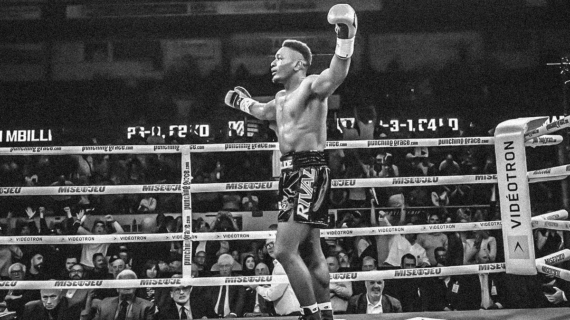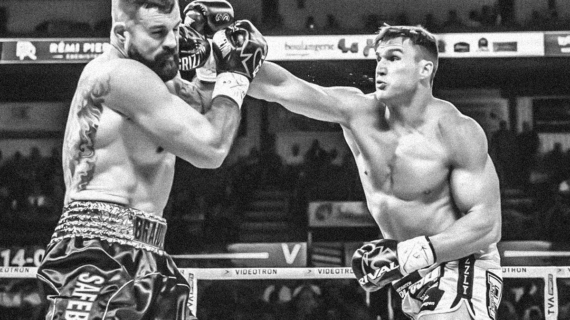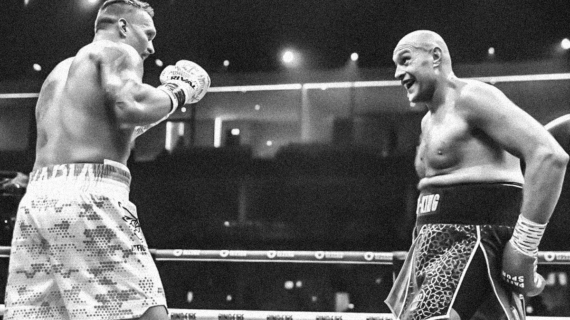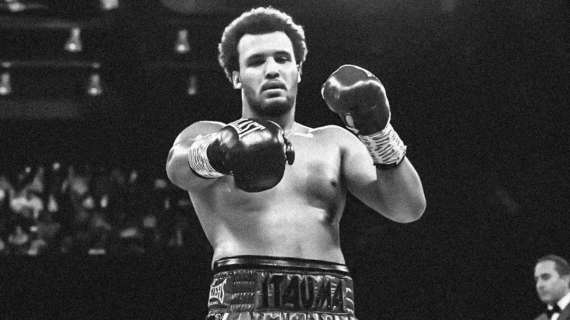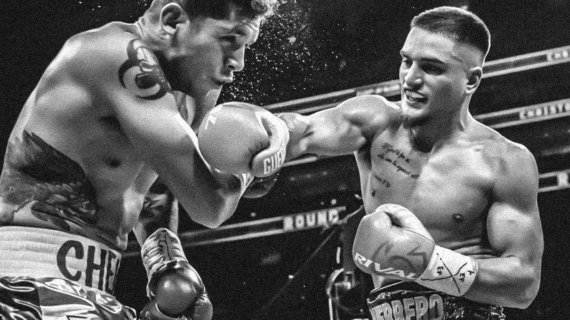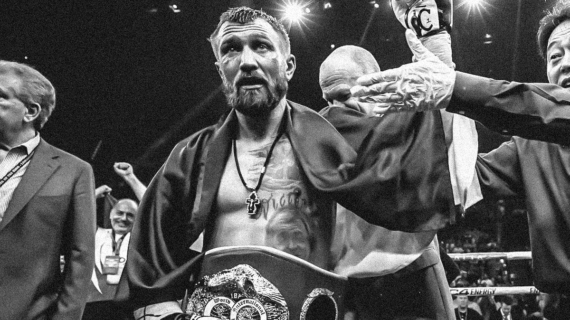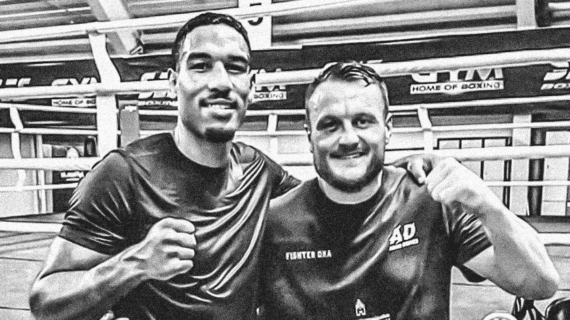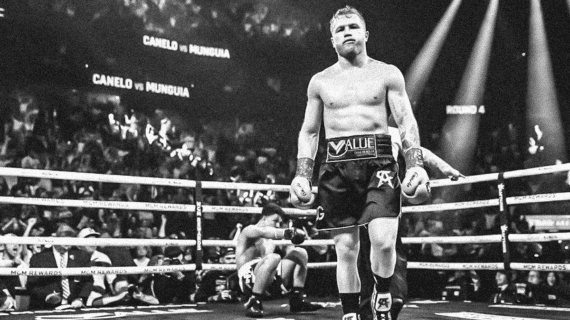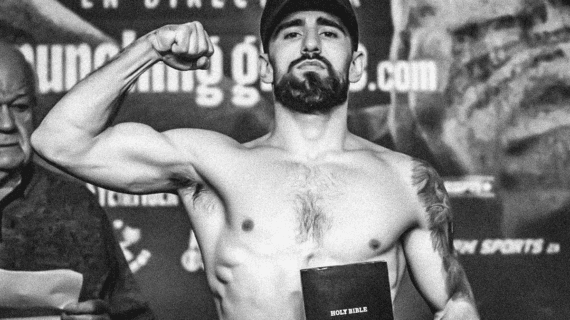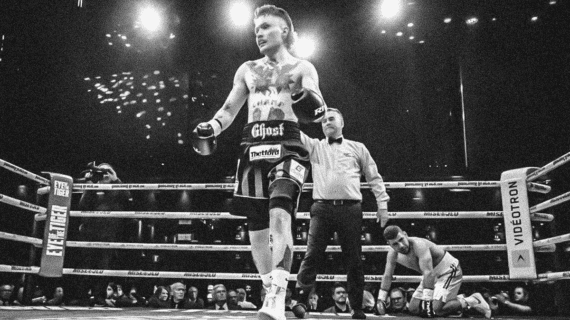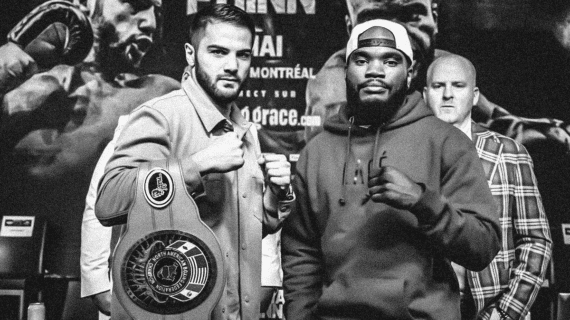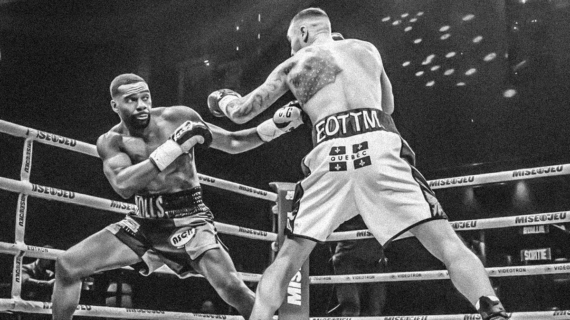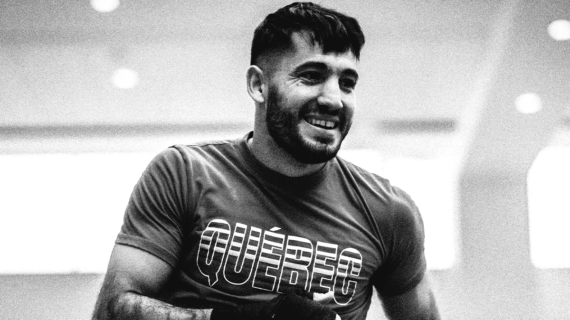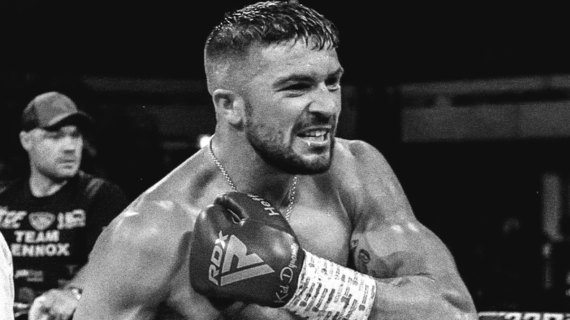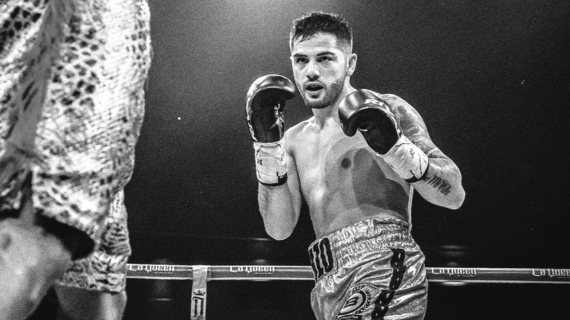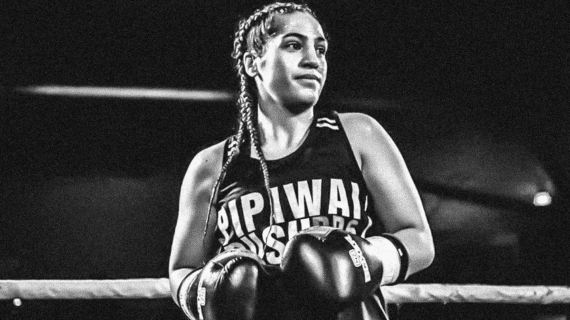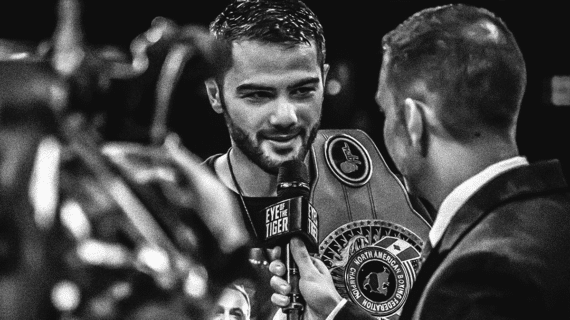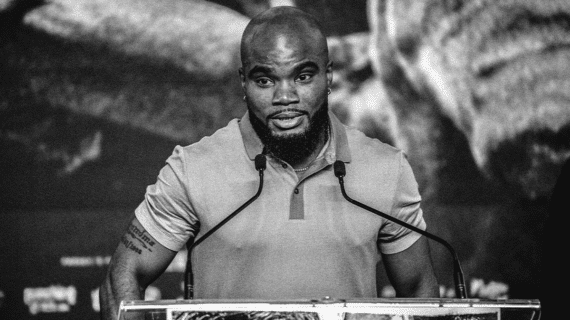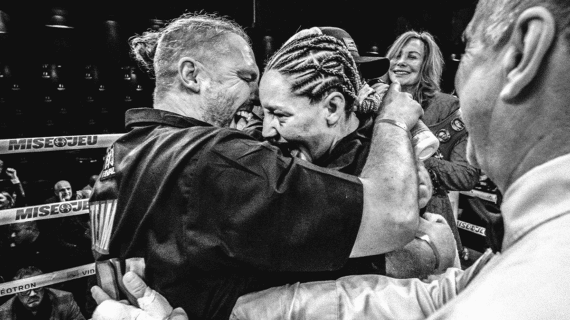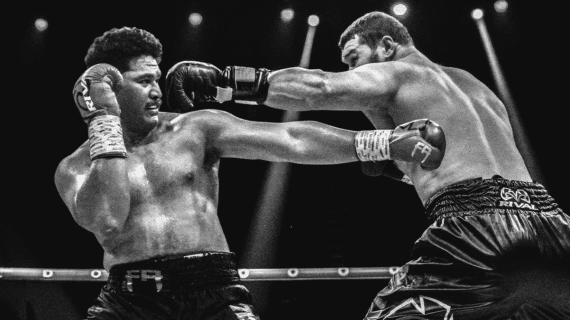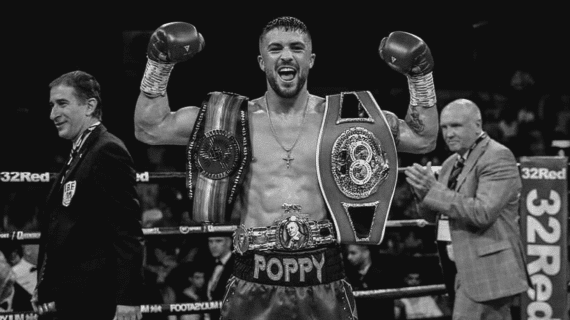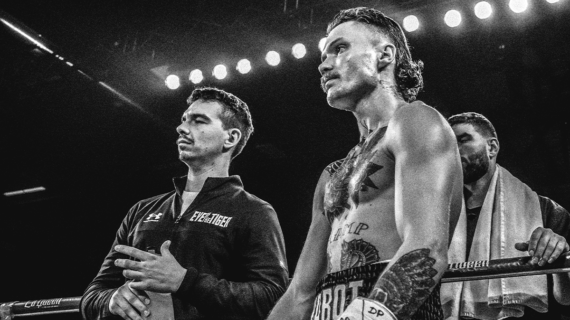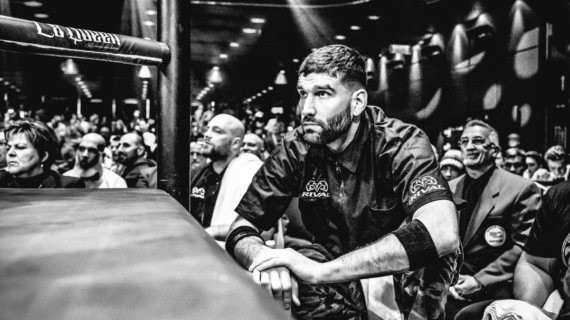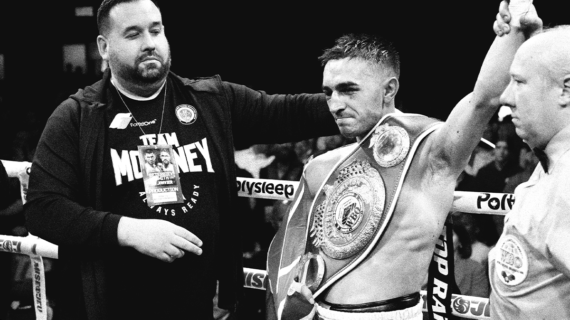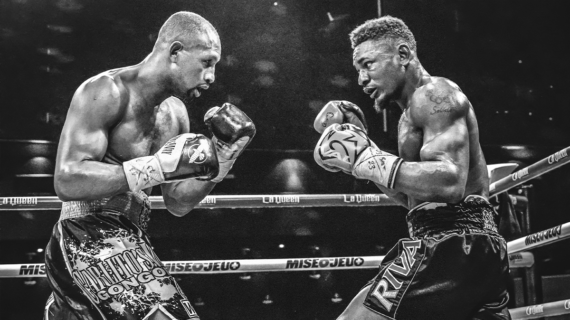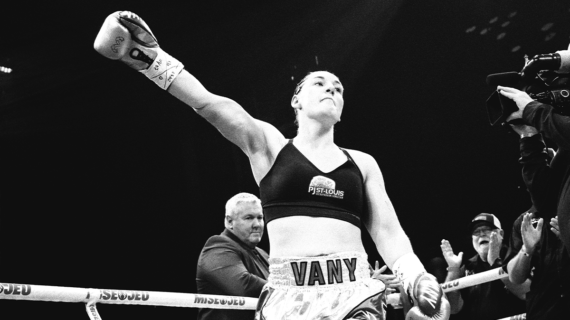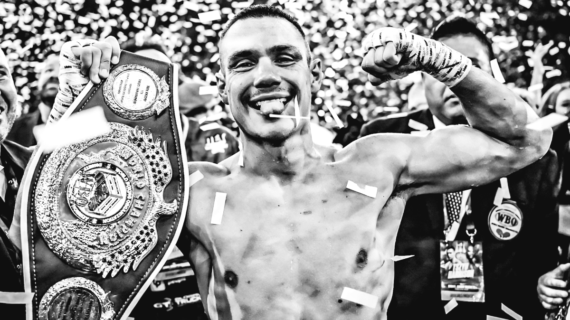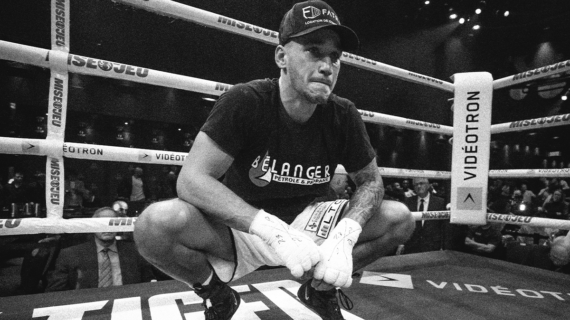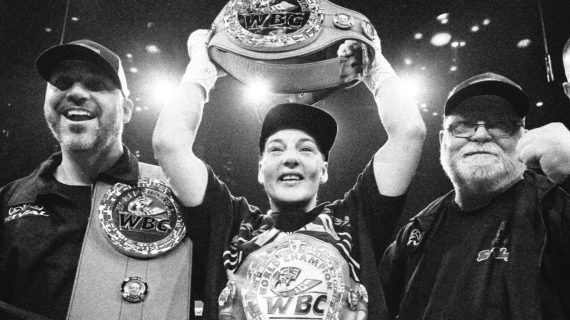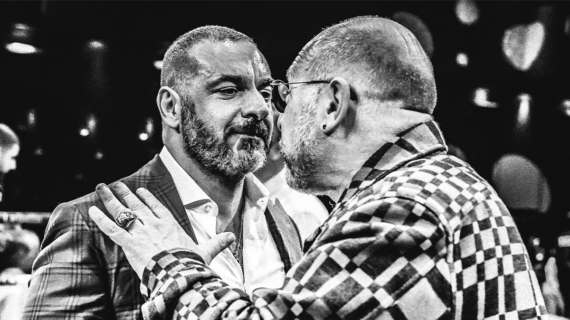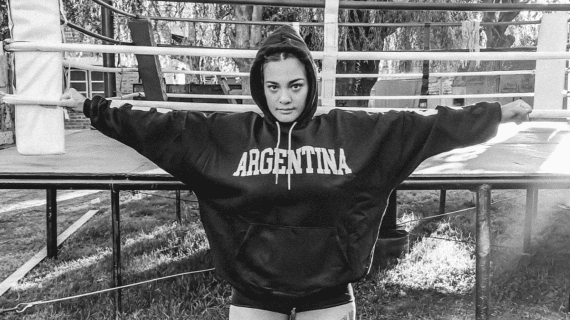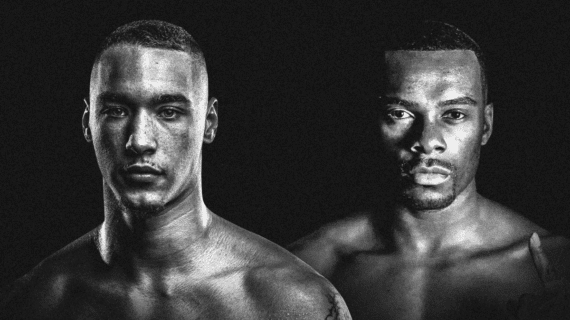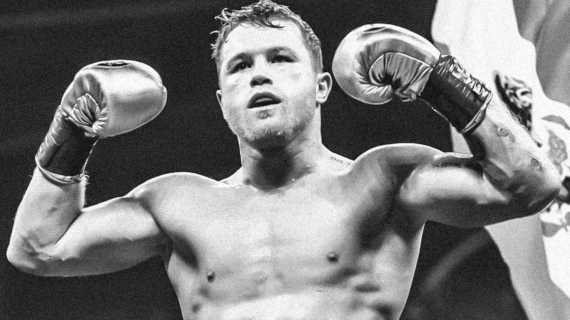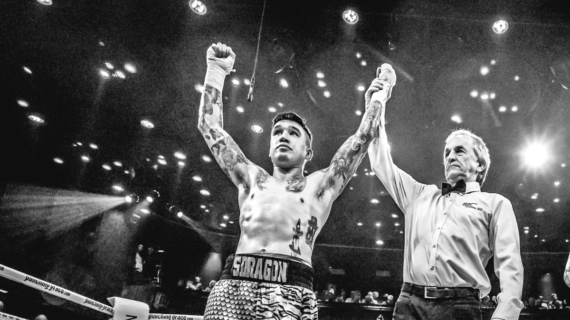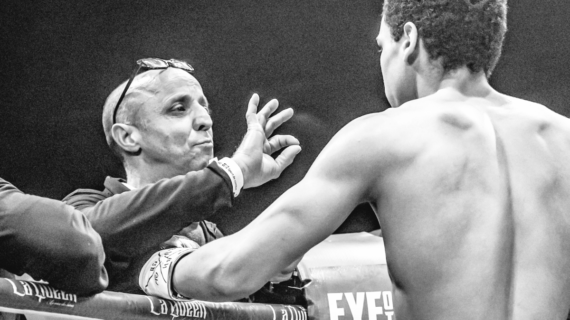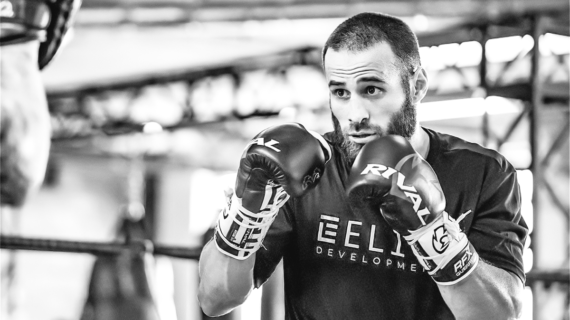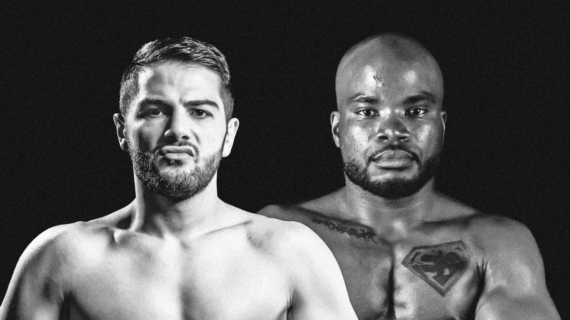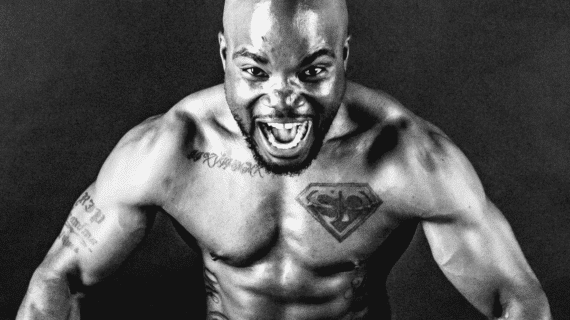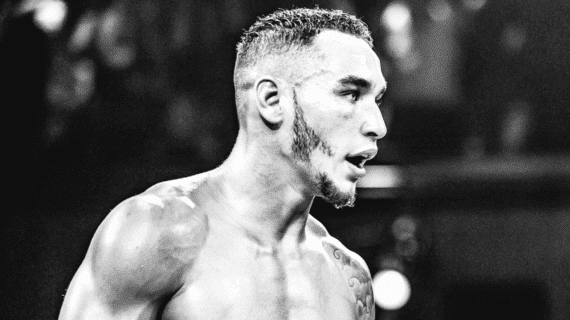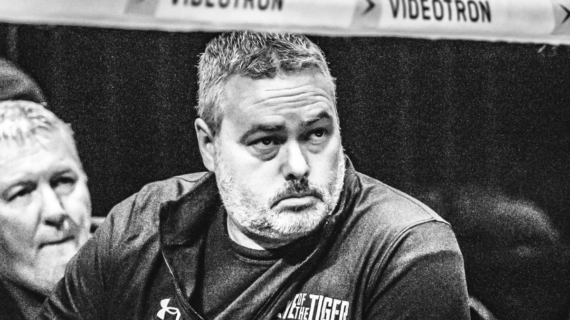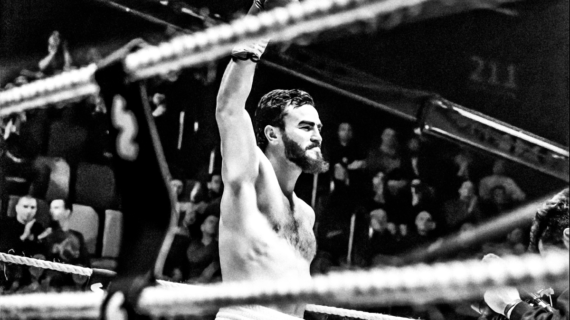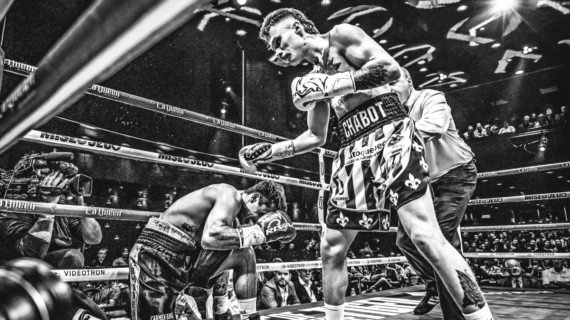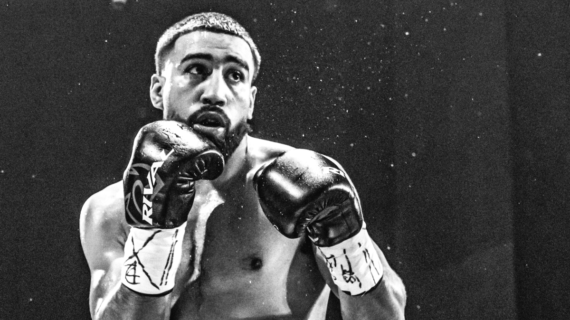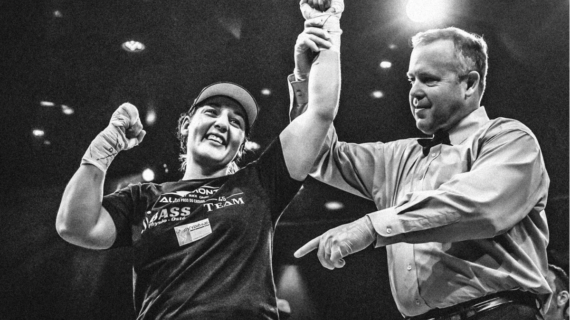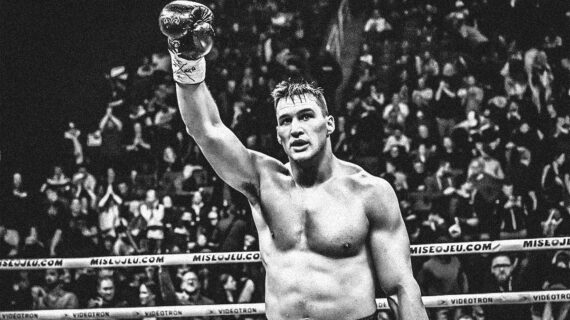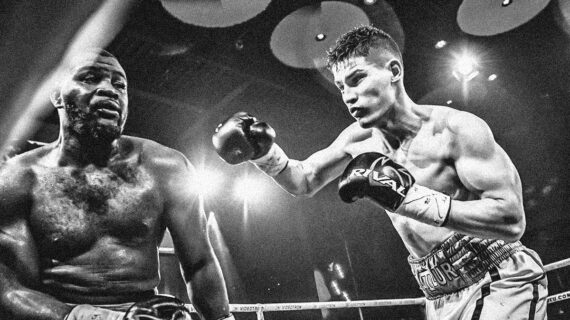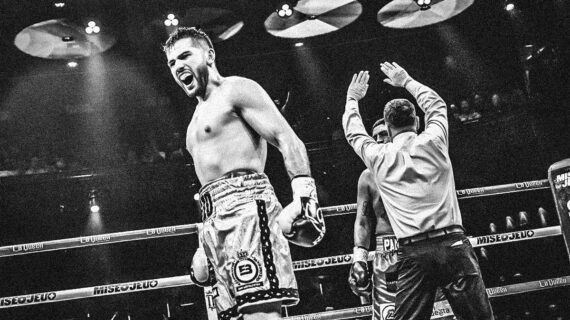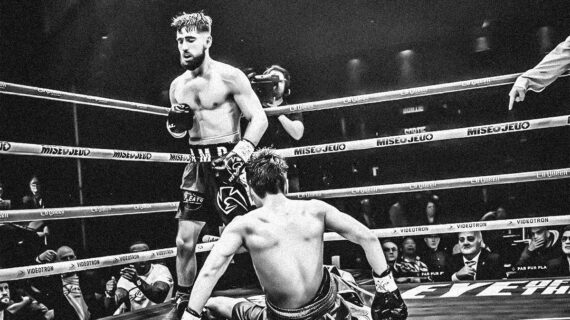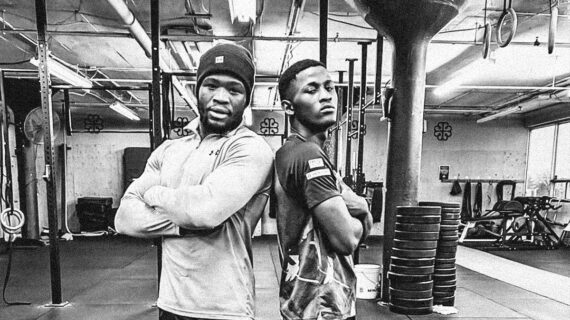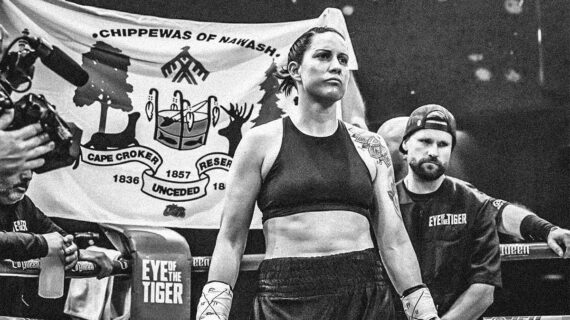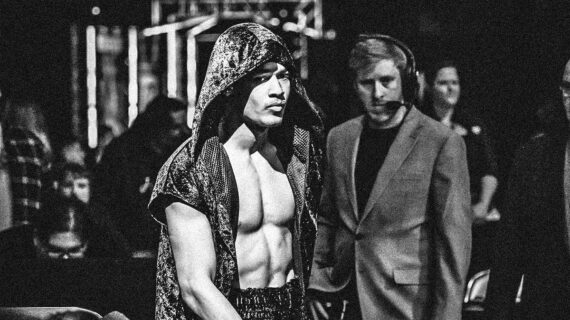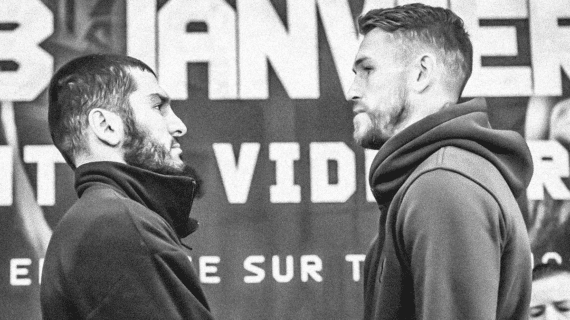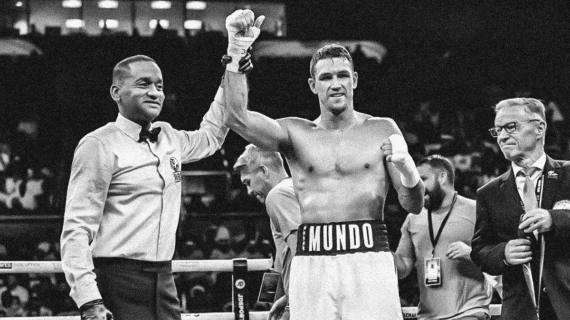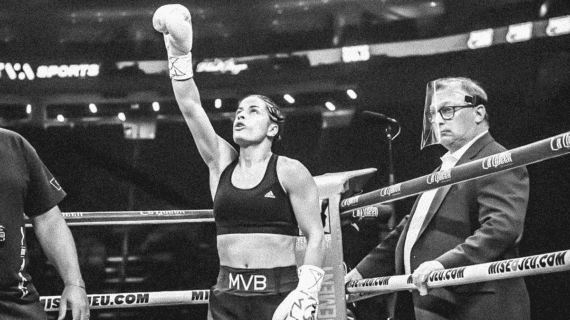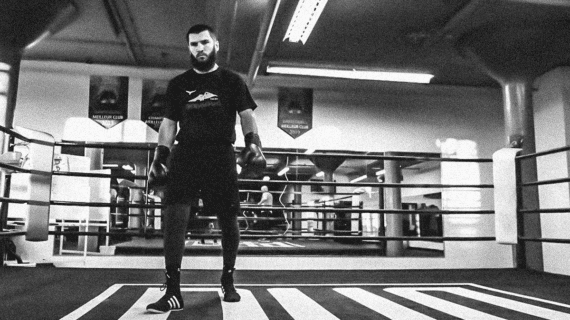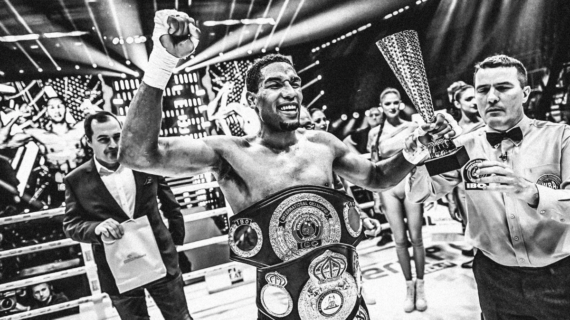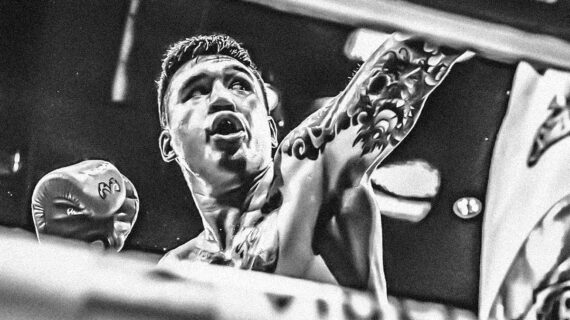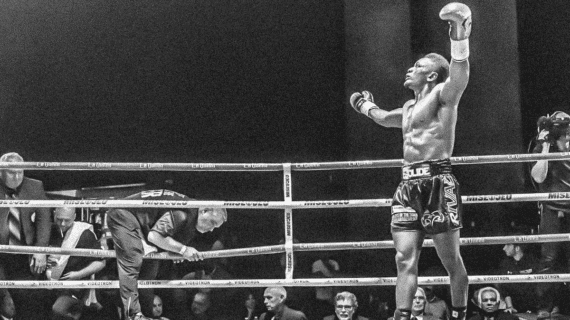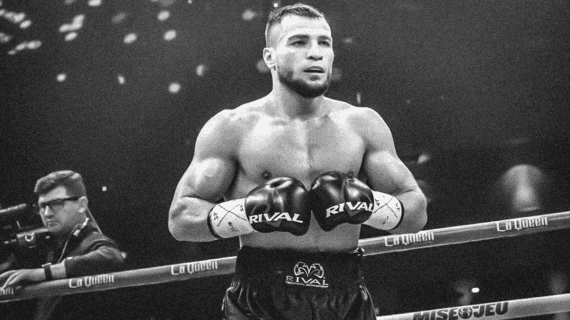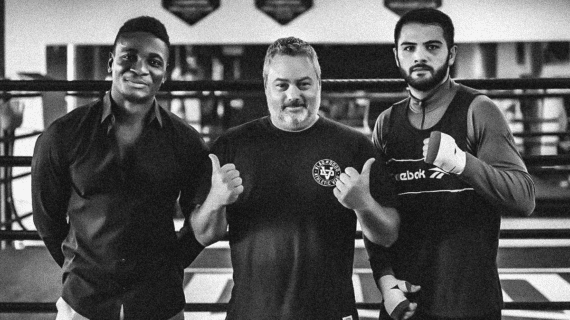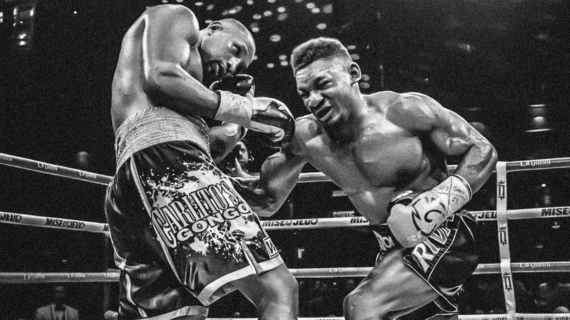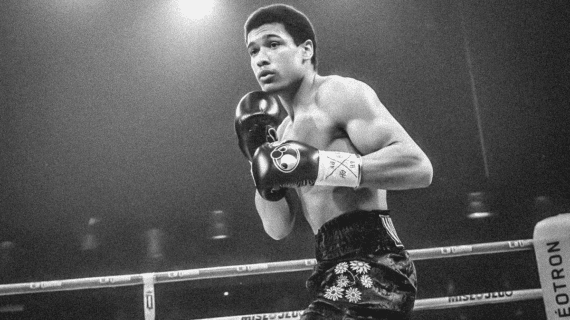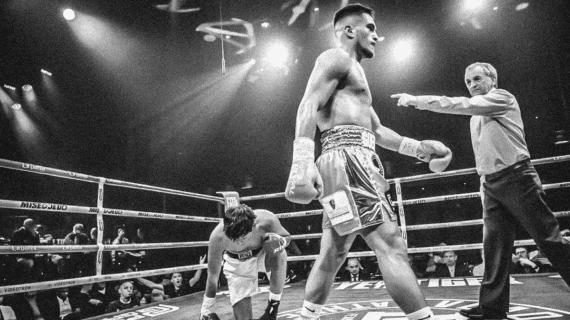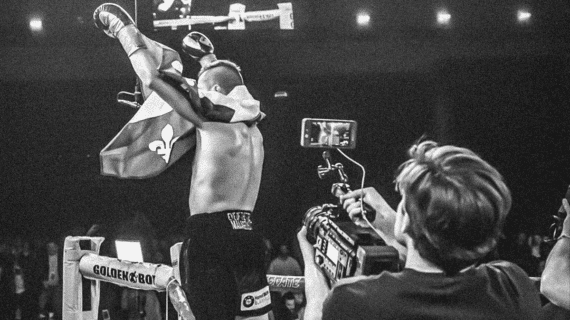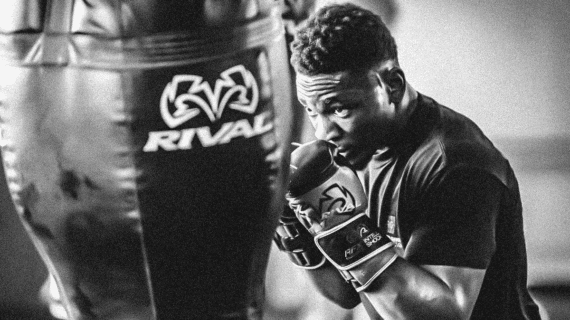Photo: Vincent Auclair / Boxing Canada
Punching Grace ventures into the world of Olympic boxing with a new monthly interview series titled *The Next Generation*. For its debut, the spotlight shines on the man leading Canada’s Olympic boxing team, Vincent Auclair.
First, a Step Back in Time
Spring 2022: A scandal rocks Boxing Canada. Over 100 signatories demand the resignation of High Performance Director Daniel Trépanier, citing a toxic environment and favoritism, among other issues. Just days later, Trépanier steps down, prompting a personnel overhaul within the national organization.
Fall 2022: Vincent Auclair is appointed head coach of Boxing Canada. The task ahead is daunting. The focus is not only on improving performance but also on “restoring confidence” among athletes in their program. With the Olympic cycle already underway, time is cut in half to achieve these goals.
So, how did he approach the challenge?
A Fresh Breeze of Transparency
“Transparency” is the key word here for starting anew.
“It was really about being as clear as possible with our goals, but especially with our criteria and expectations,” explains Auclair, a skilled educator who values the importance of explaining his decisions.
“There’s a parallel to be drawn with professional boxing. For Eye of the Tiger, for example, it’s about explaining to people why you signed this guy over that guy, or why you’re organizing this fight instead of another.”
Naturally, there are “boxing decisions” at the tactical level, whether in the ring or in the National Training Center gym. But there are also decisions regarding team selections and participation in international competitions.
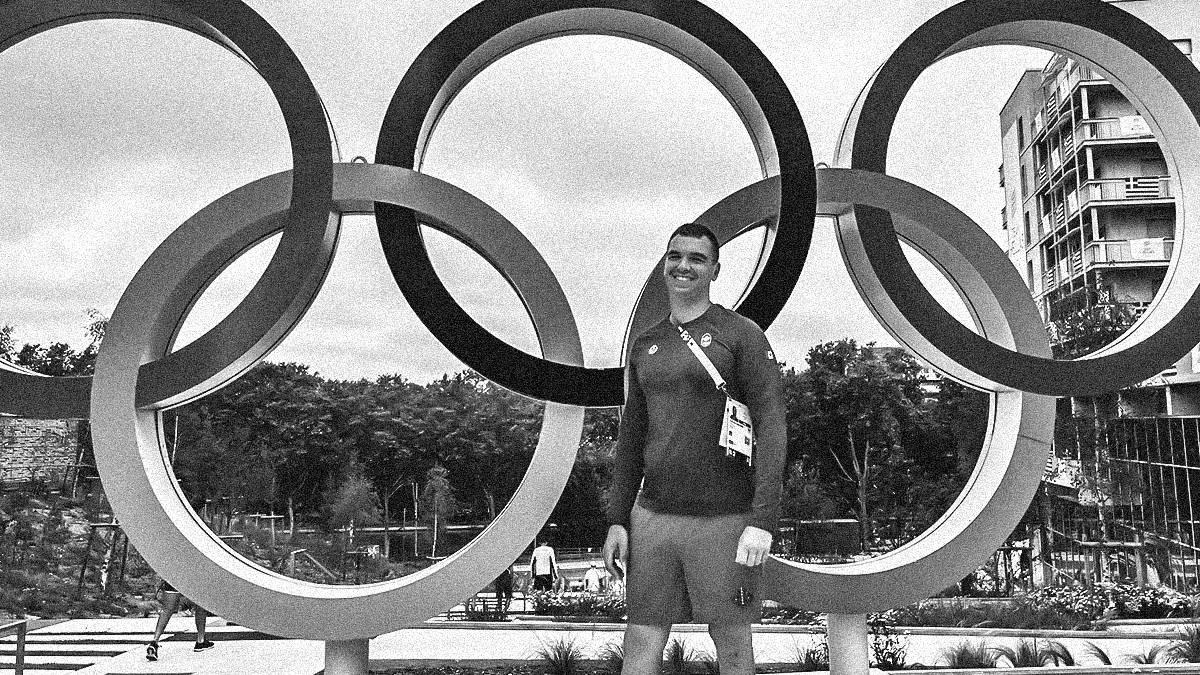
Photo: Vincent Auclair
Signs of Encouragement
At his second Olympic Games, Nova Scotia’s Wyatt Sanford earned a bronze medal in the 63.5 kg category. To put this into perspective, it was Canada’s first Olympic boxing podium finish since the 1996 Atlanta Games.
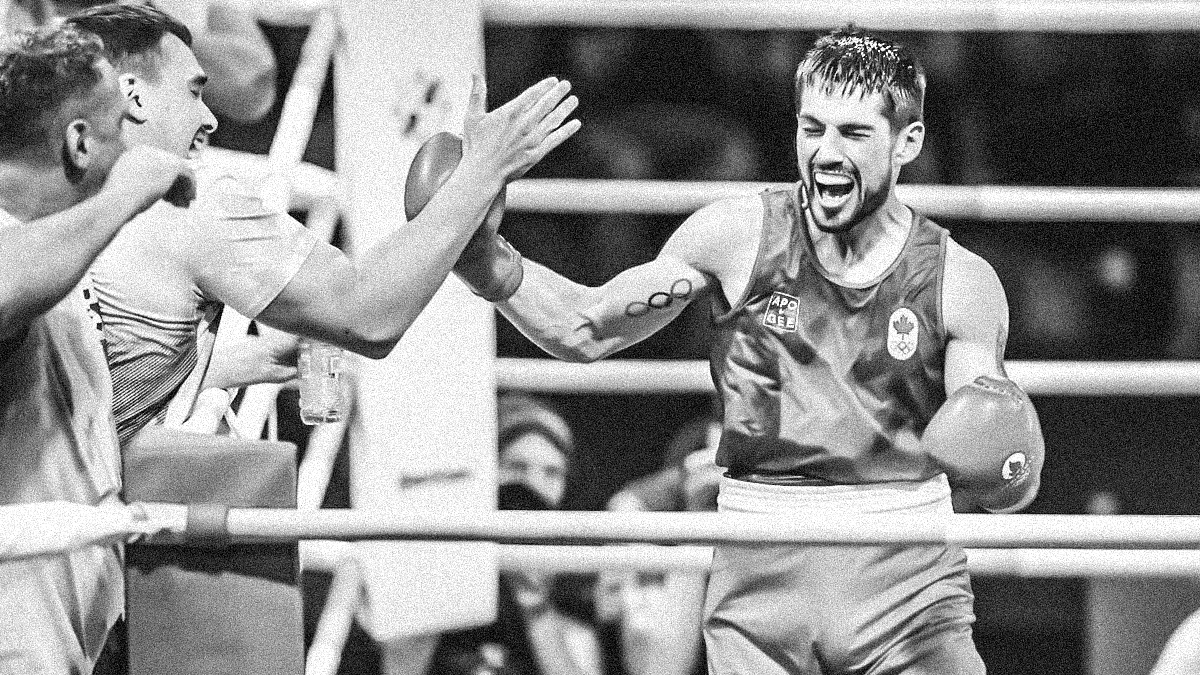
Photo: Vincent Auclair / Boxing Canada
The other member of the Canadian delegation, Quebec’s Tammara Thibault, also attended her second Games. While her results fell short of expectations, Auclair believes her journey isn’t over yet for the pride of Shawinigan.
“Tamm expressed her desire to stay in the program and come back in 2028,” the coach revealed. “That’s also why I was in her corner for her pro debut. We felt it was best to avoid any conflict with another coach.”
For now, his only other full-time professional protégé is Luis Santana. Notably, Auclair handed over the reins for Simon Kean and Thomas Chabot to Jessy Ross Thompson upon joining Canada Boxing in 2022, as well as his gym, Pound 4 Pound, to Jordan Mathieu.
“I have too much respect for boxing and for what being a private coach represents to think I can be everywhere at once and still provide the same quality of work,” he admits.
Last December in Orlando, Thibault (1-0) made her professional debut, defeating Natasha Spence (8-7-2, 6 KOs) by unanimous decision after four rounds. She became the first woman to debut with three-minute rounds. Her professional career is managed by MVP Promotions, led by Jake Paul. Santana (13-0, 6 KOs), under Eye of the Tiger, is expected to return at the end of the winter.
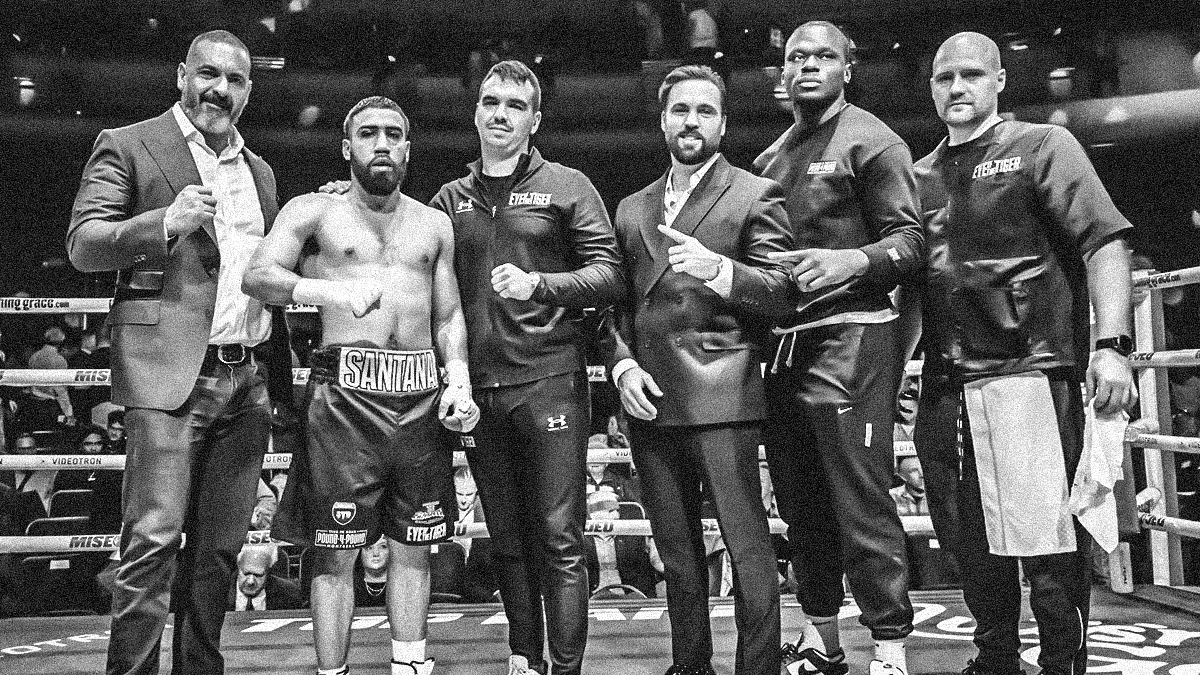
Photo: Vincent Ethier / EOTTM
On the Road to L.A.
While the goal is to see Thibault at the next Olympic Games in Los Angeles, Auclair anticipates his medalist, Wyatt Sanford, may fully transition to the professional ranks by then.
However, this doesn’t mean the Canadian team’s expectations will reset to zero—not at all.
“Starting with two [Olympians], the aim is to qualify more Canadians—three, four, or more in four years. But it’s also about improving performance, aiming for silver or even gold,” he says bluntly.
To achieve this, Auclair, whose contract was recently renewed, now has a full Olympic cycle—four years instead of two—to prepare. “Before the Games, we focused mainly on about a dozen athletes. But now, with the cycle starting anew, it’s a real opportunity to open the program’s valves,” he notes.
In concrete terms, he points to the upcoming national team training camp at the Claude Robillard Center in just a few weeks. Over 40 athletes will be invited.
For some, it will be about development, while for others—hopefully more than two—it will mark the first steps of a marathon toward the Olympic dream in Los Angeles, 2028.
Patience Required…
If national team athletes must be patient and persistent, so too must their support teams—and even the public.
According to Auclair, it might take more than one Olympic cycle to truly measure the success of Canada’s revamped program.
“It’s always easier to evaluate in hindsight. A few years ago, we had an excellent fight between Junior Ulysse and Arthur Biyarslanov at the Concorde, but it’s only years later that we really realized the caliber of these two guys,” he says, also citing the more recent bout between Wyatt Sanford and young prodigy Omar Zaatiti.
But even so, high aspirations are not limited to Canada’s “super prospects.”
“It’s about increasing the talent pool across the country while raising its level. We want more Canadians in international competitions, but we also want it to be tougher to win nationals.”
…Except in the Ring
To see how far the national team—and by extension, Canadian Olympic boxing—can go, time and patience will be key.
Those are precisely the things an amateur boxer often lacks in the ring during a three-round, three-minute fight.
Because, to kick off this interview series on Olympic boxing, we couldn’t hang up without asking Boxing Canada’s head coach about the biggest difference between the Olympic and professional ranks…
“It’s like a marathon versus a sprint. In Olympic boxing, if you lose one round, you absolutely can’t afford to lose another. In the pros, you have more time, but on the flip side,” Auclair explains.
“But that doesn’t mean we’d ever tell an amateur boxer to take a punch to give two!”
Olympic boxing: it’s all about being strategic… on fast-forward.


